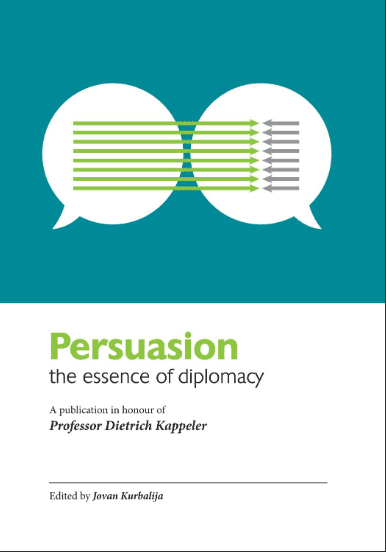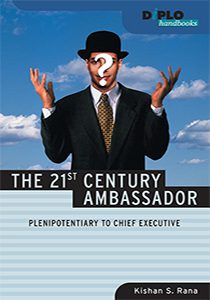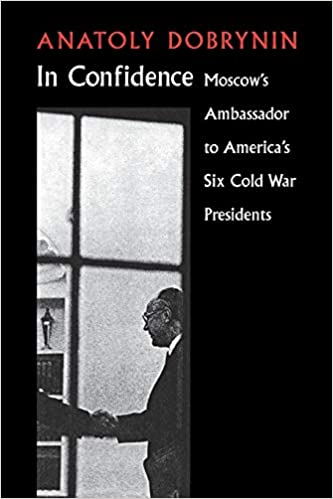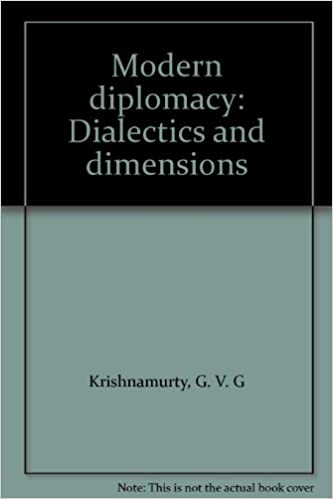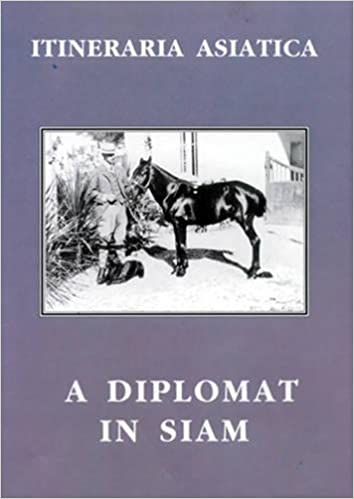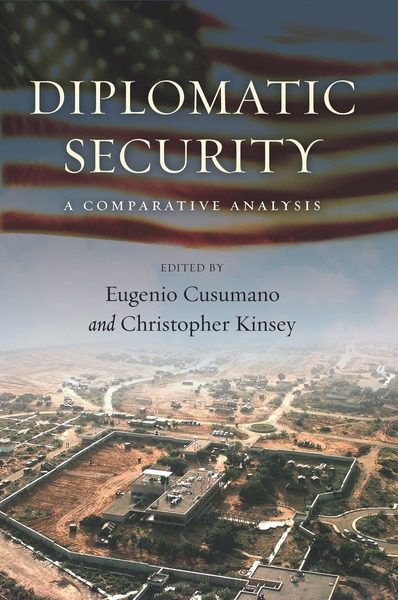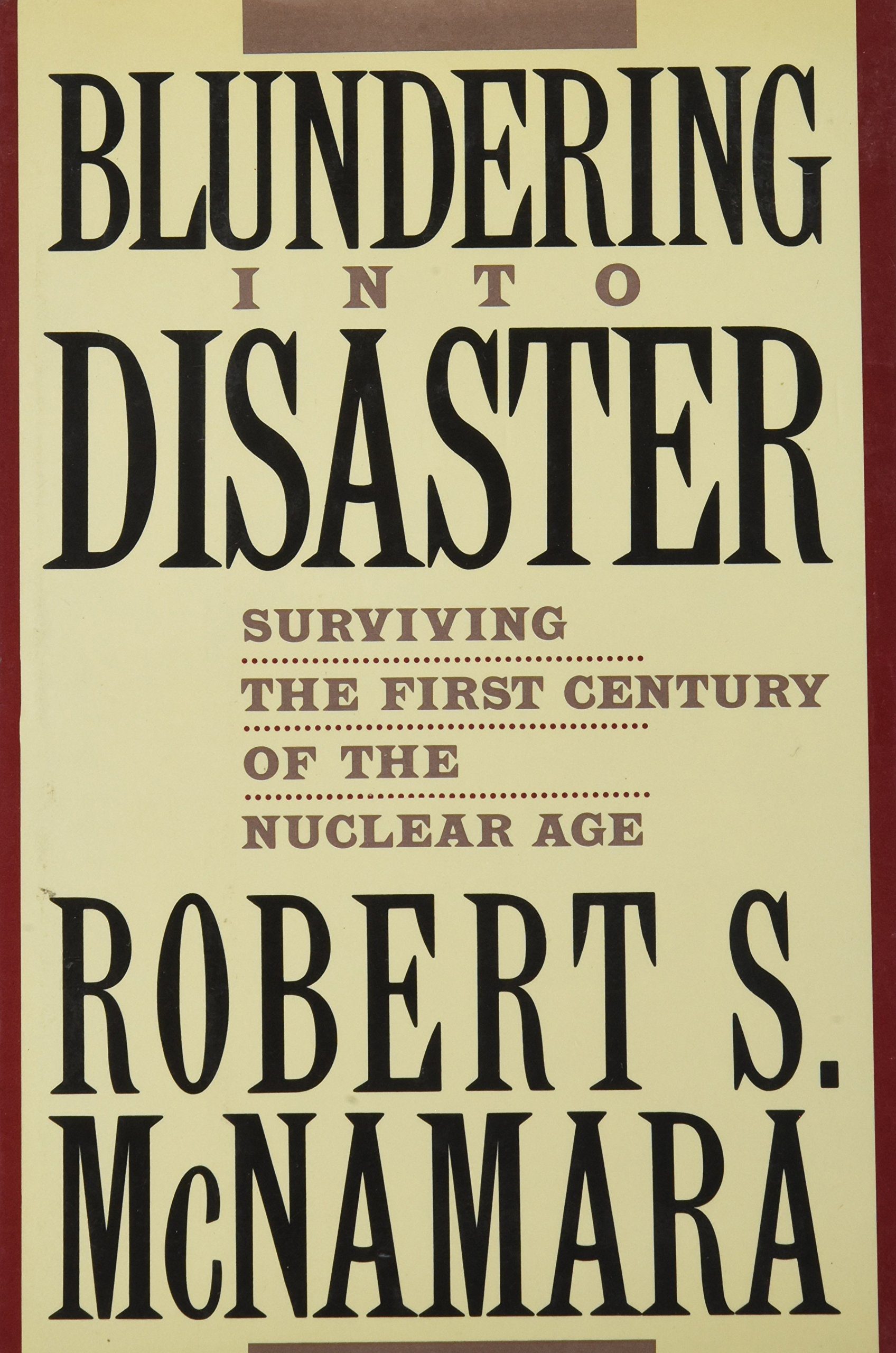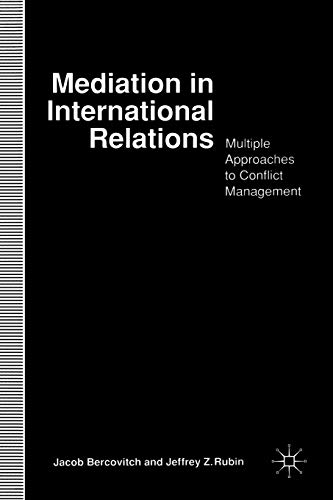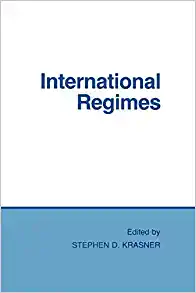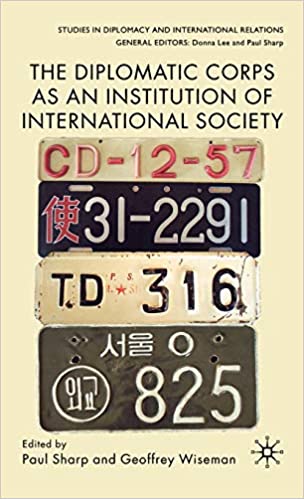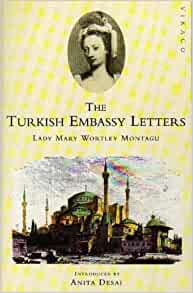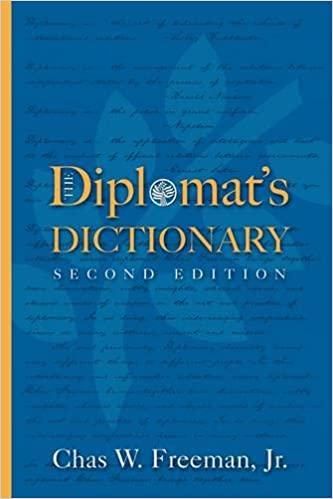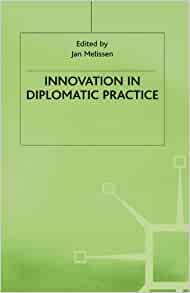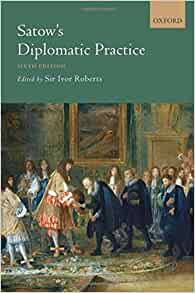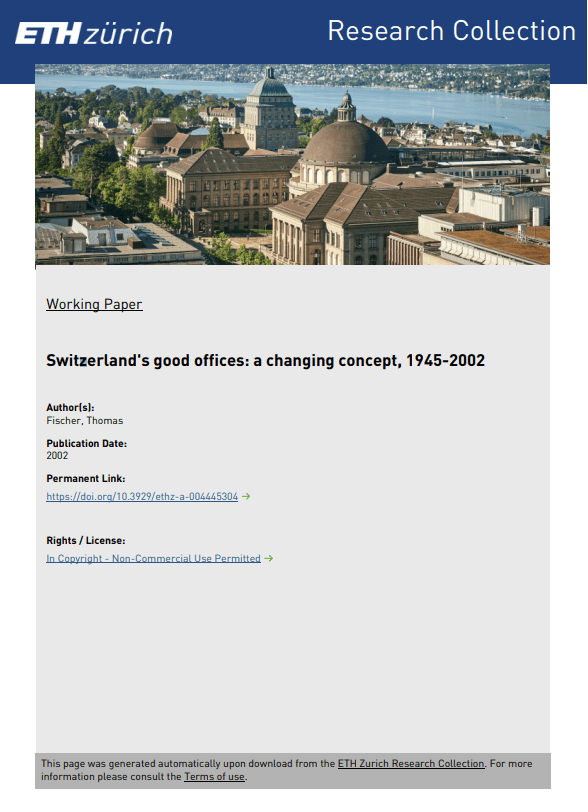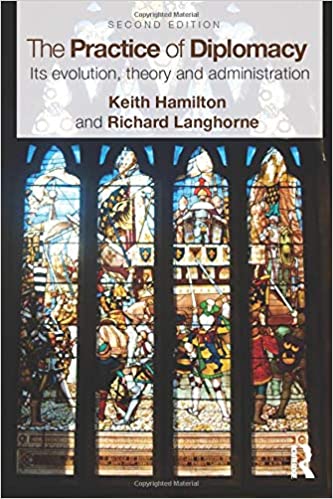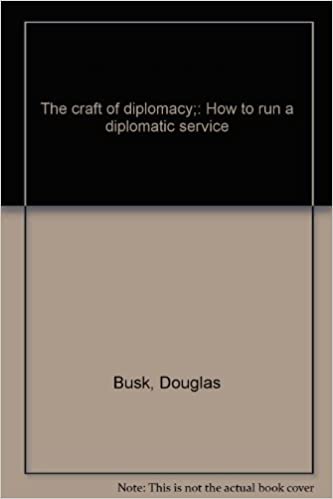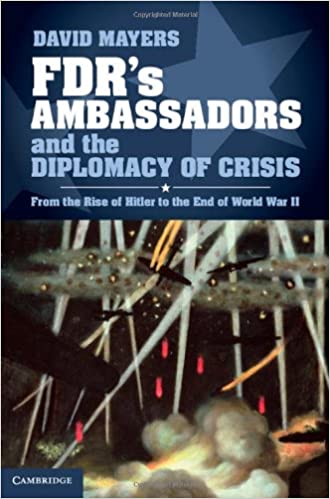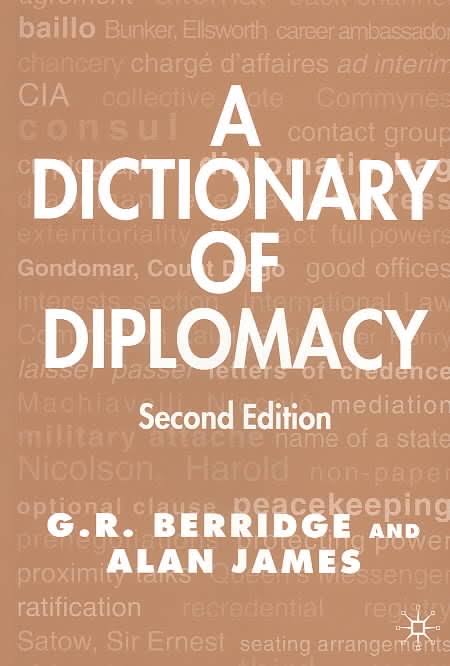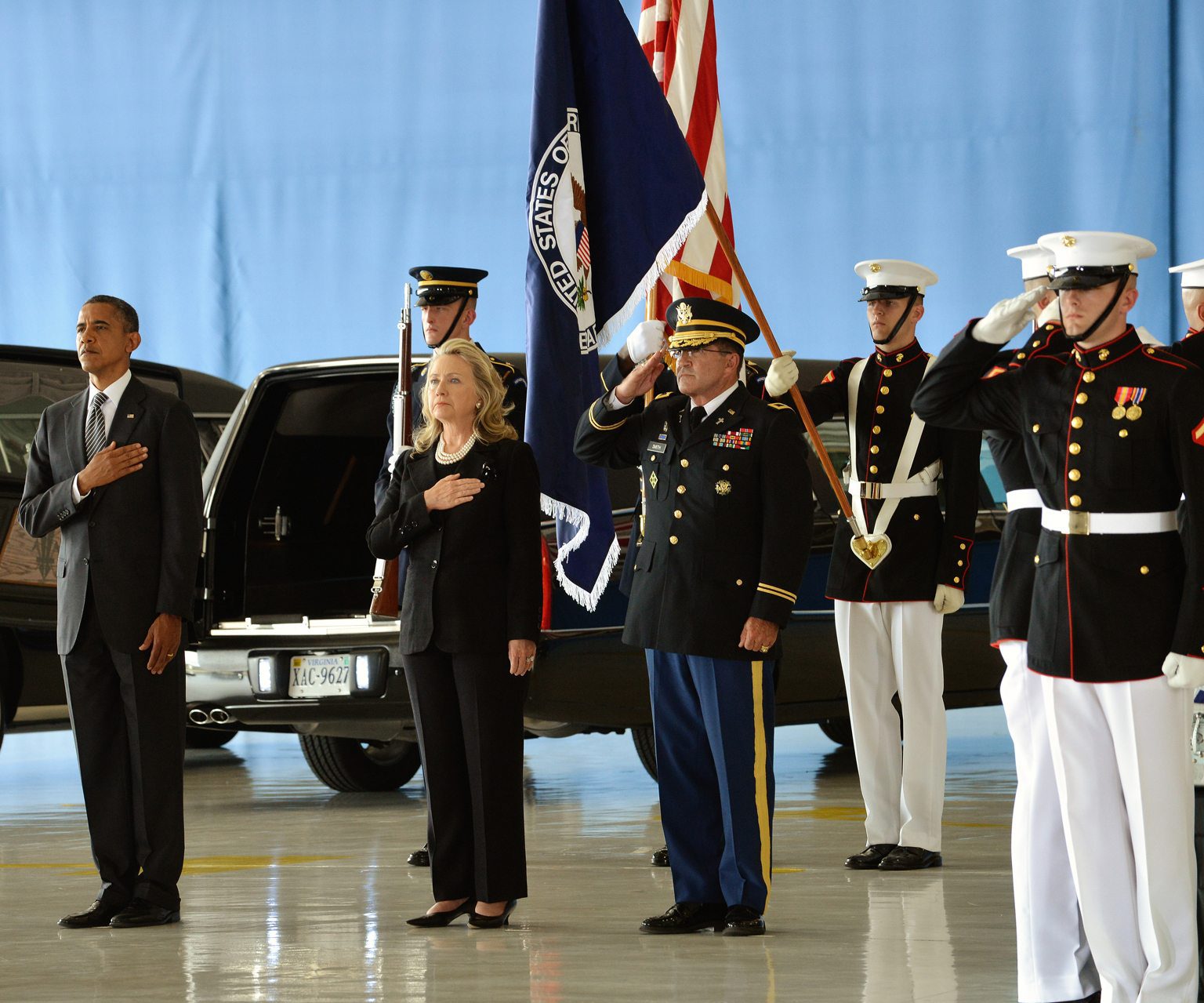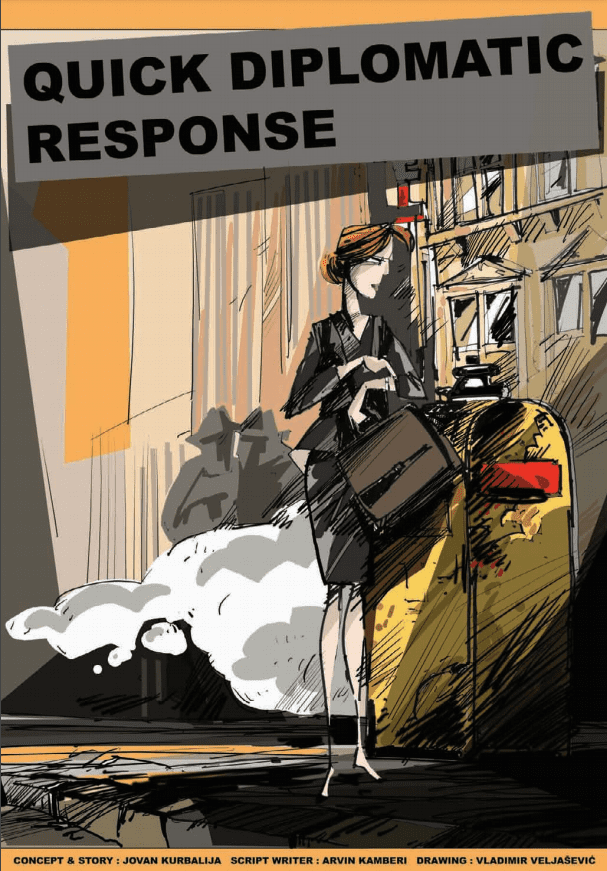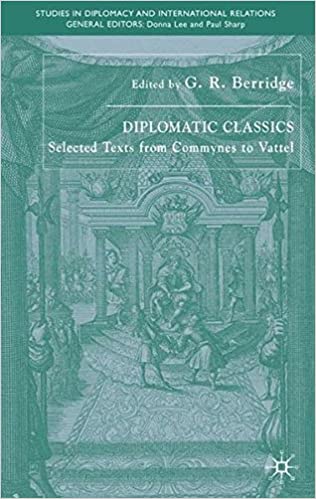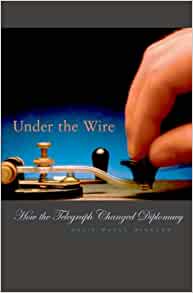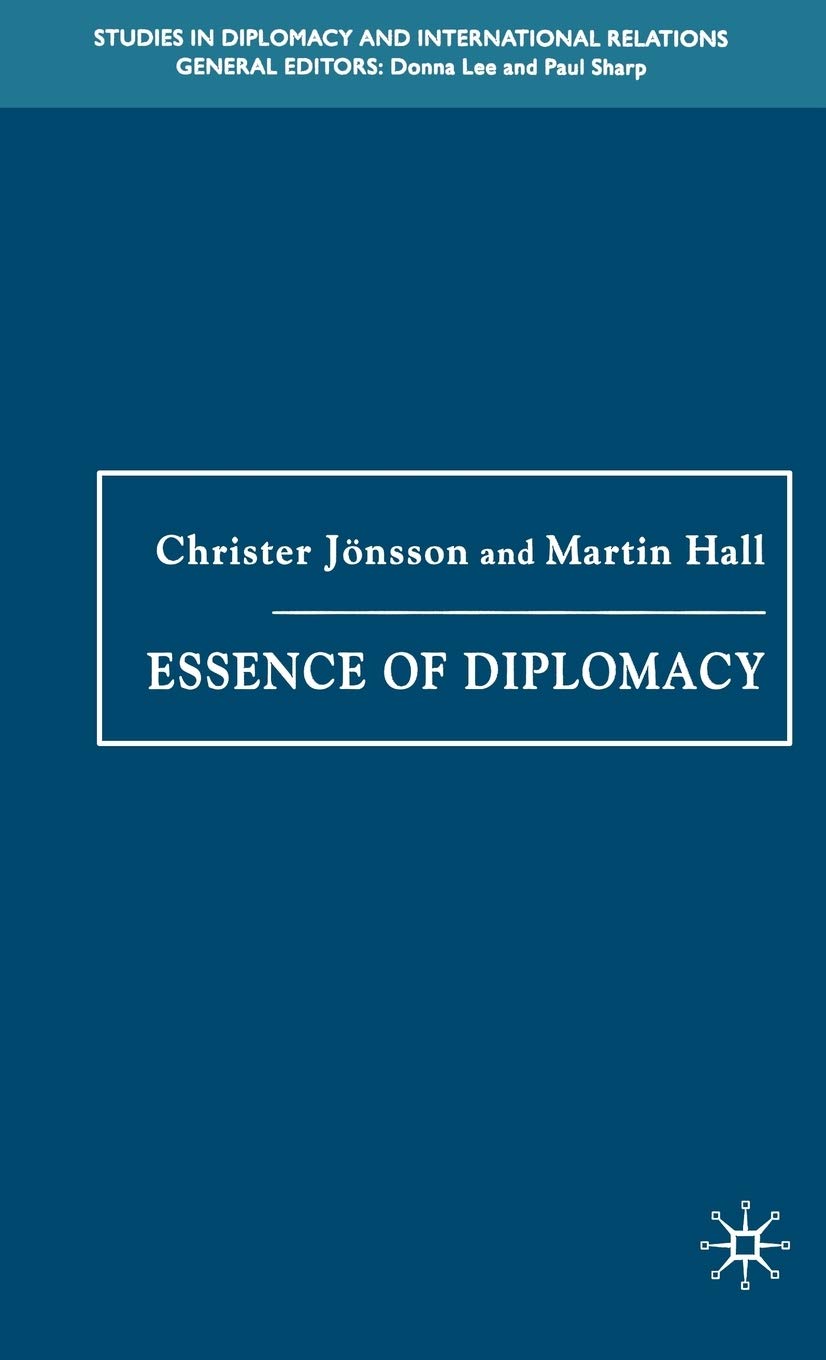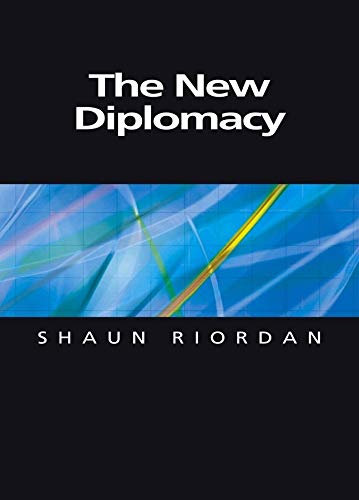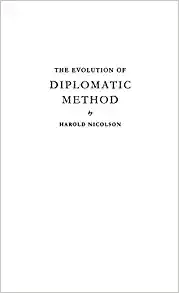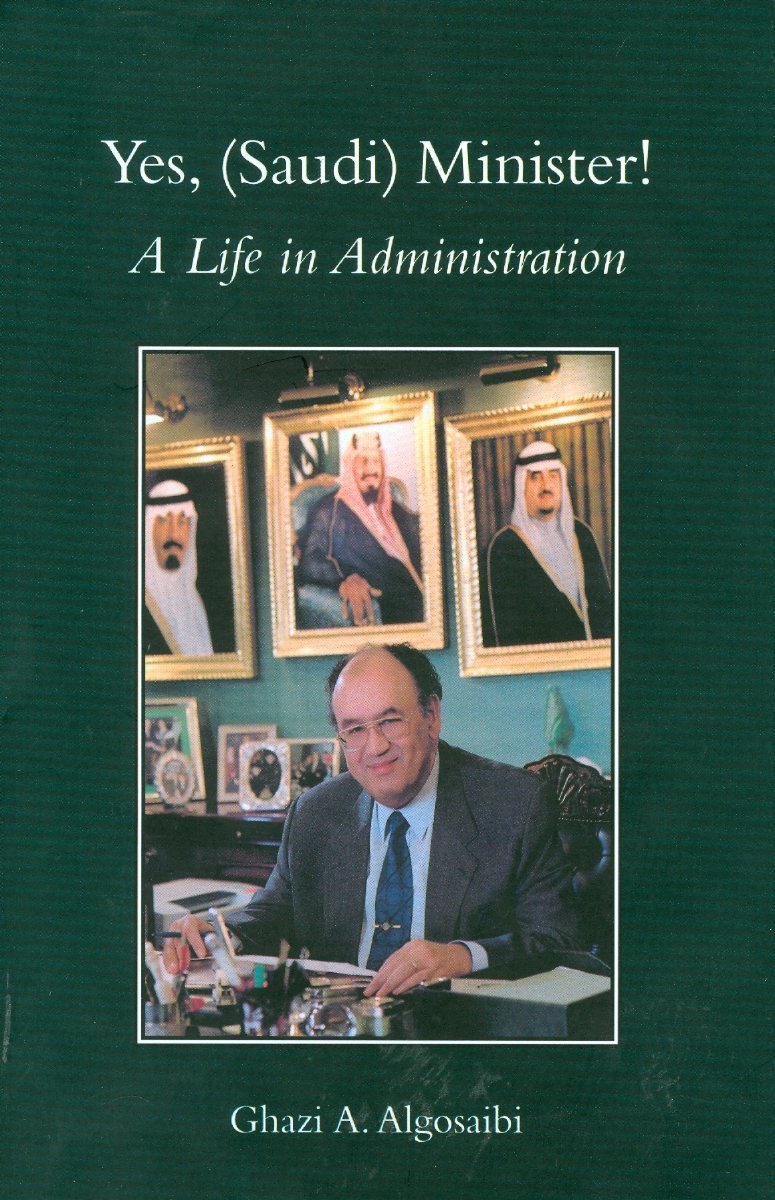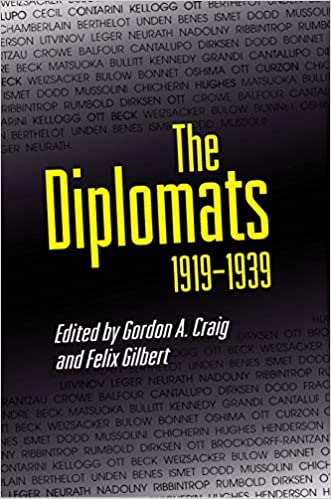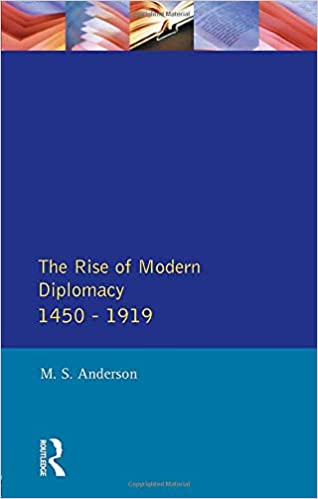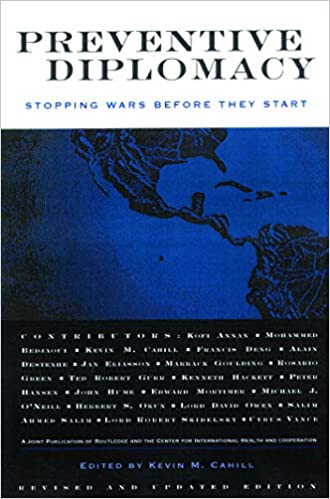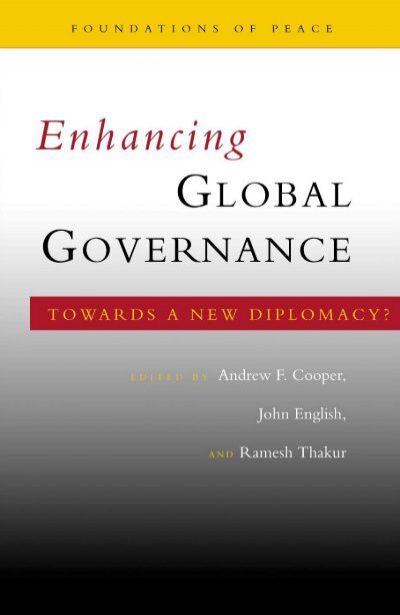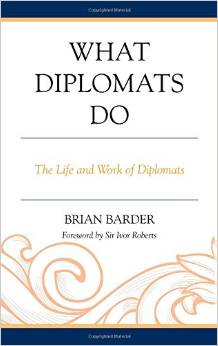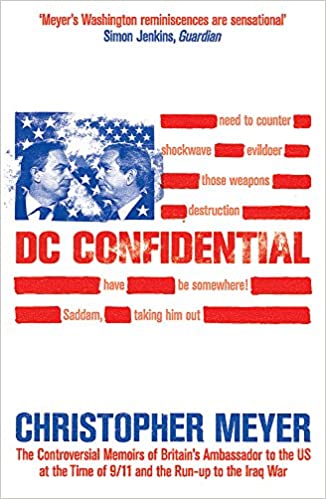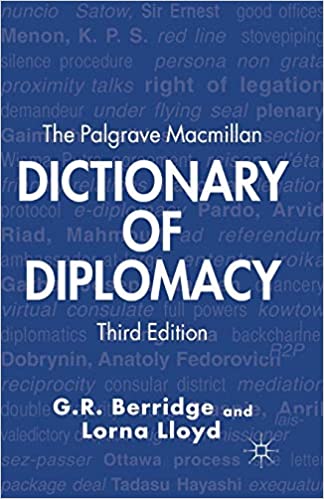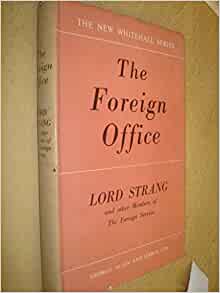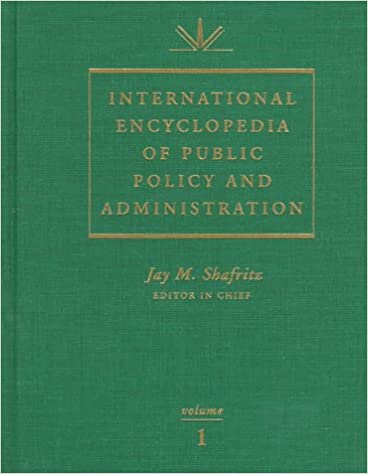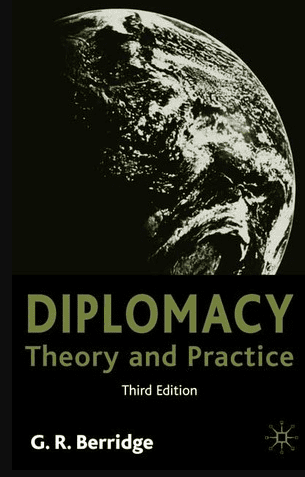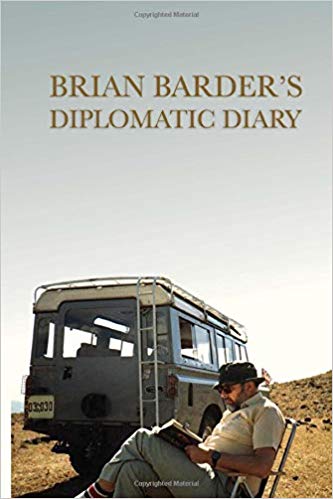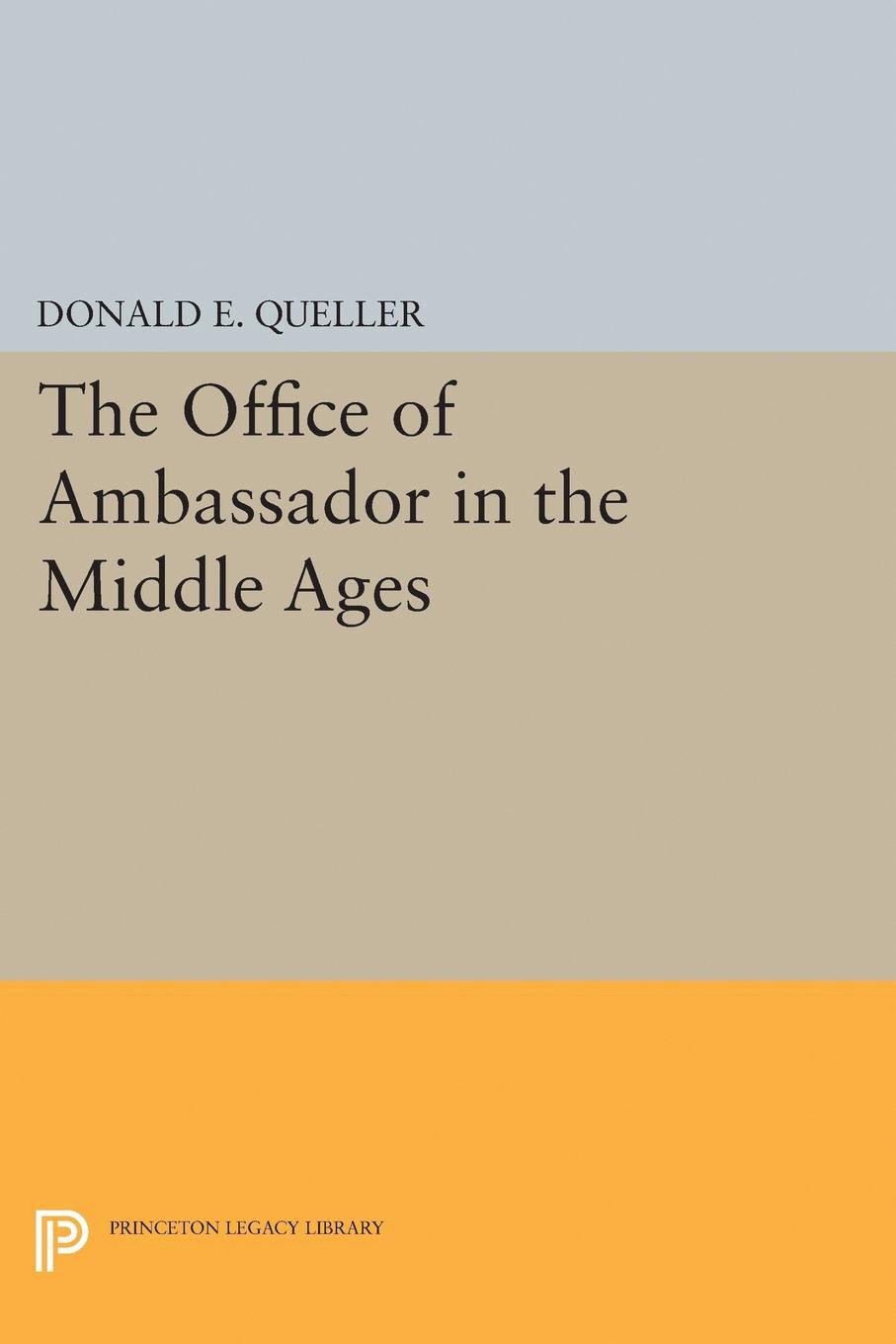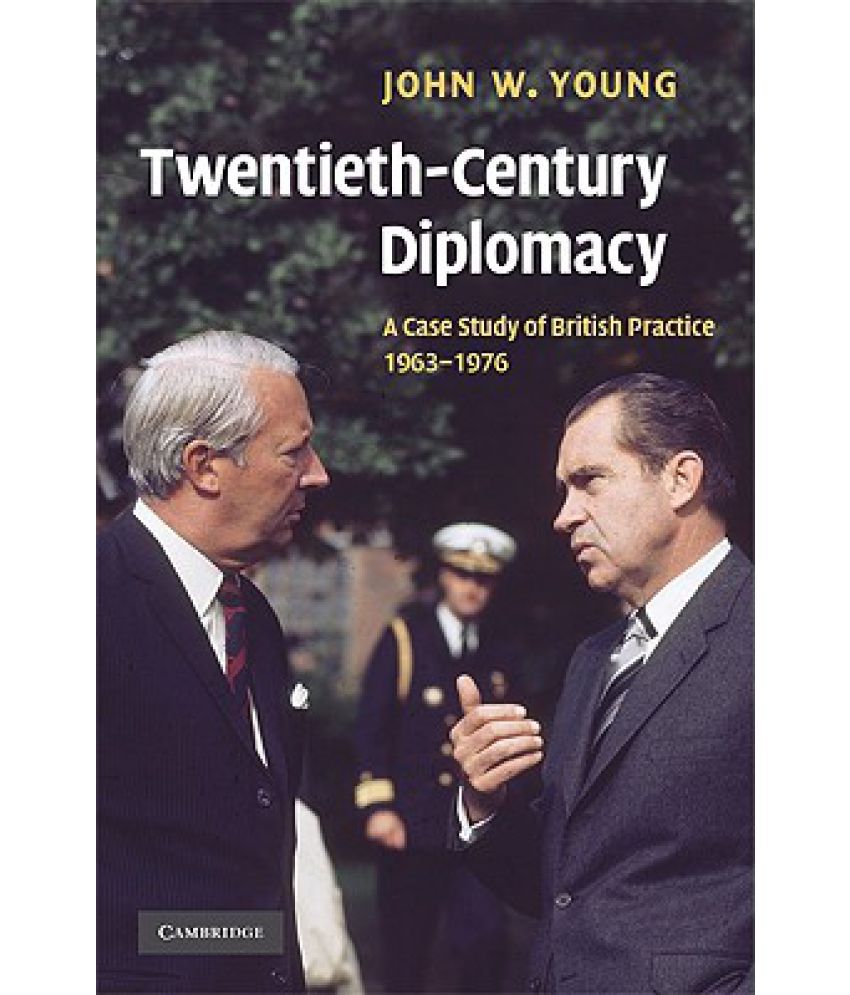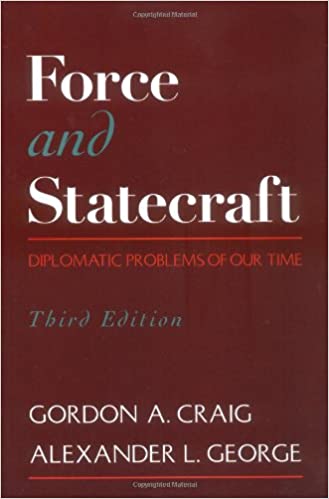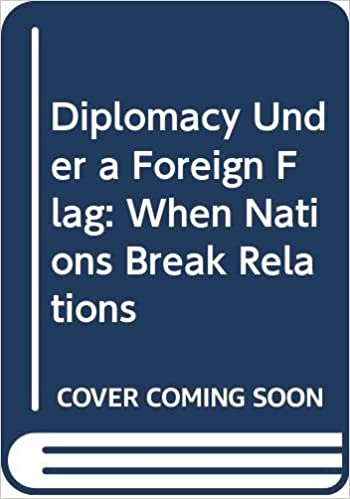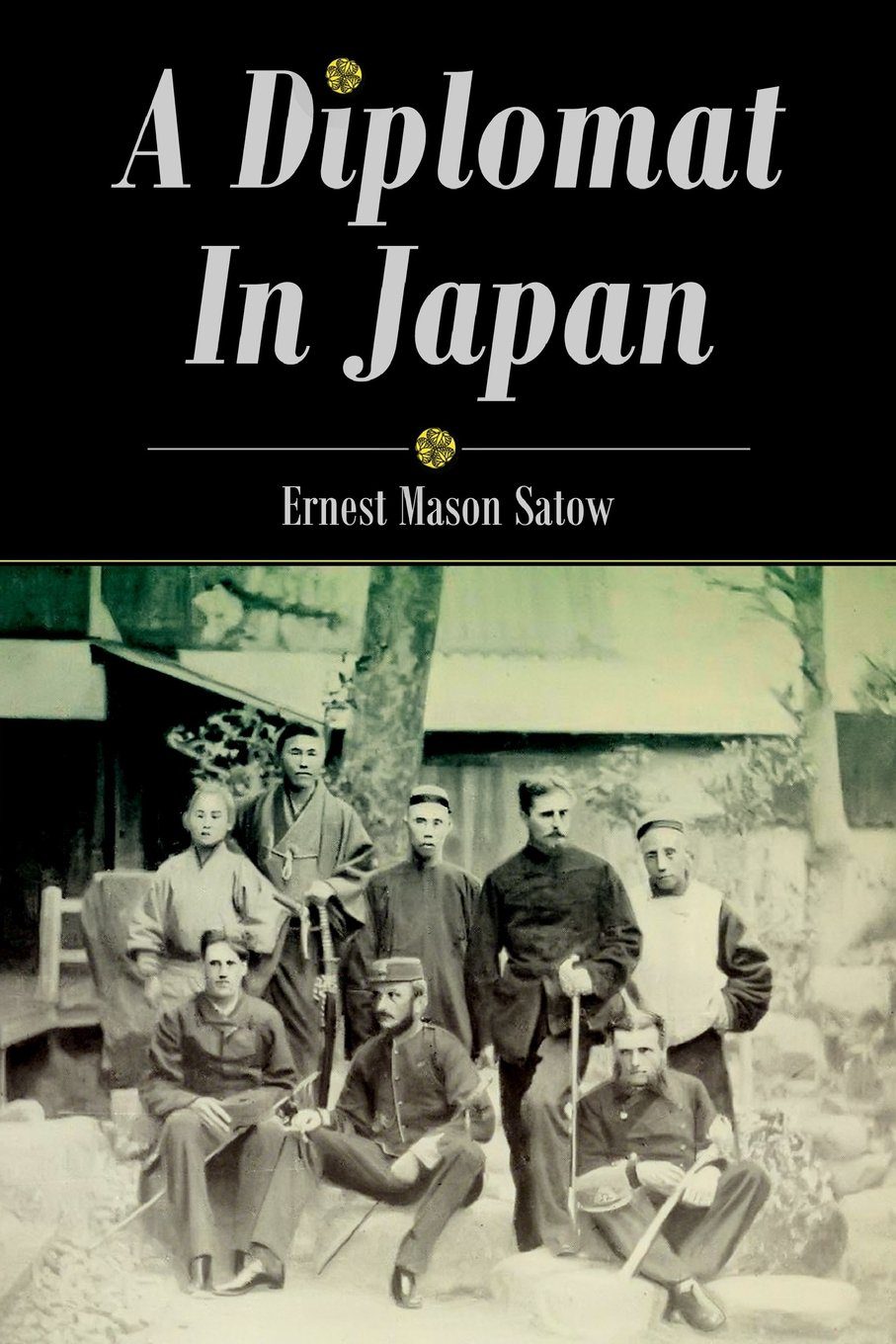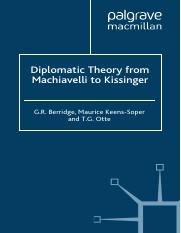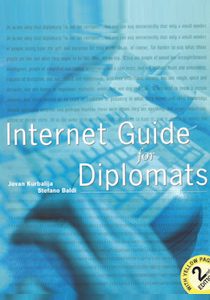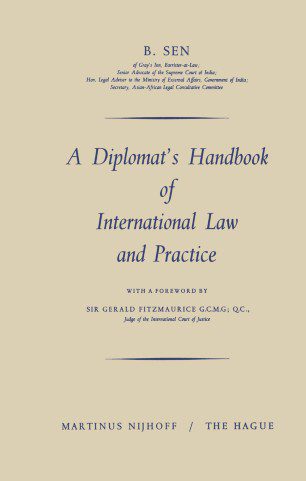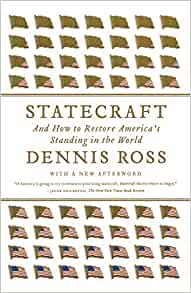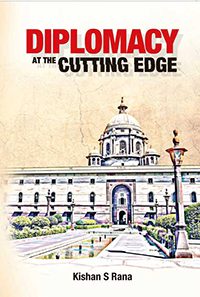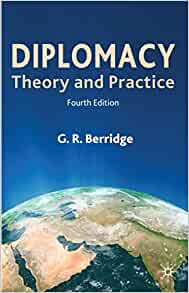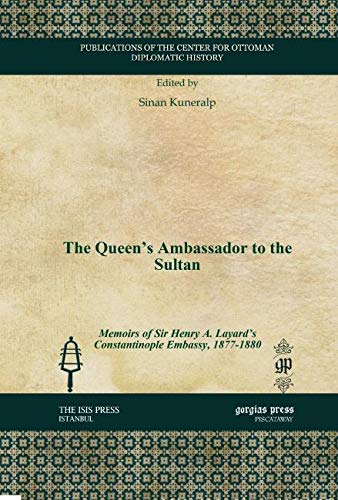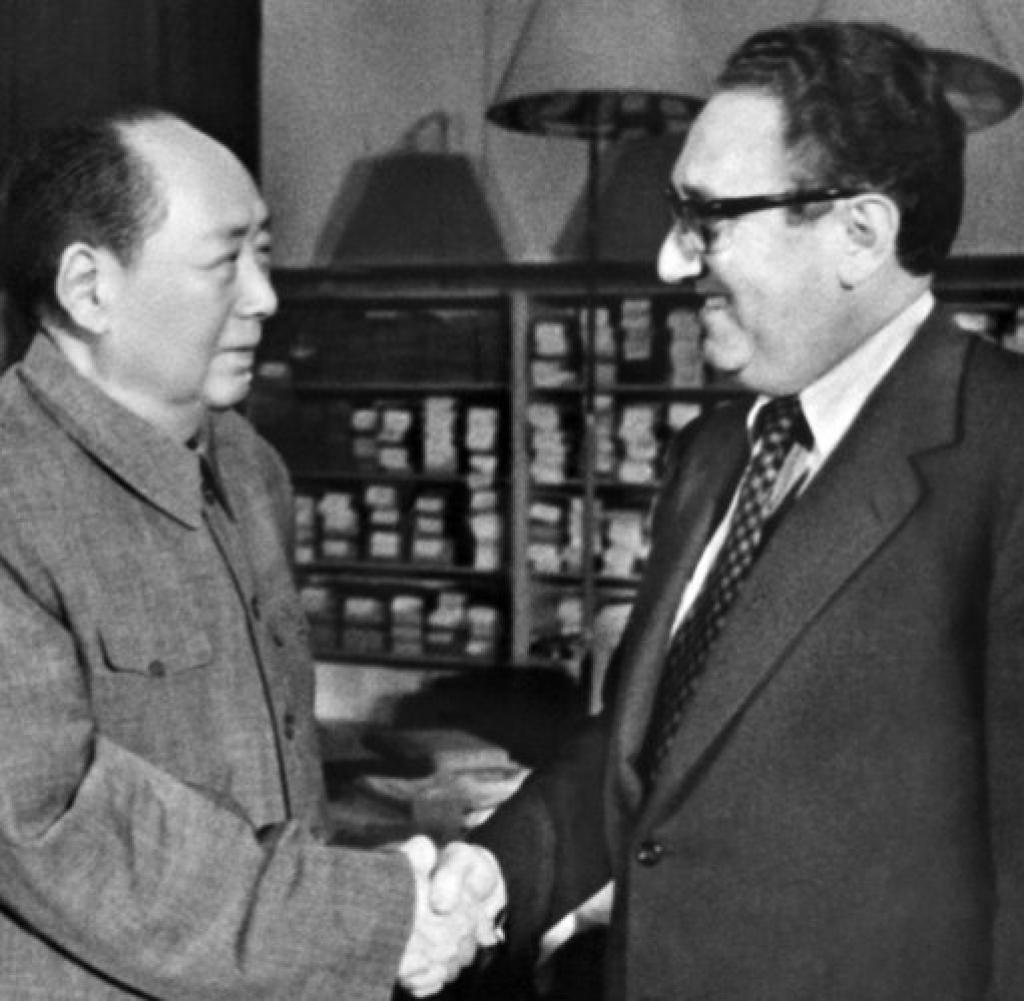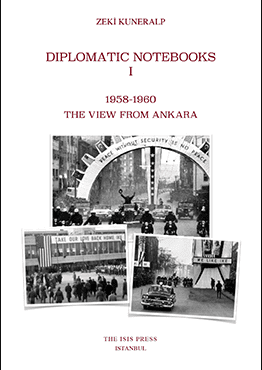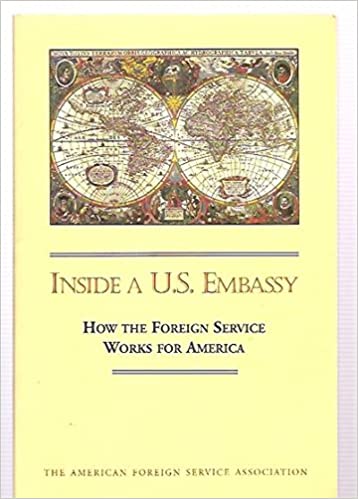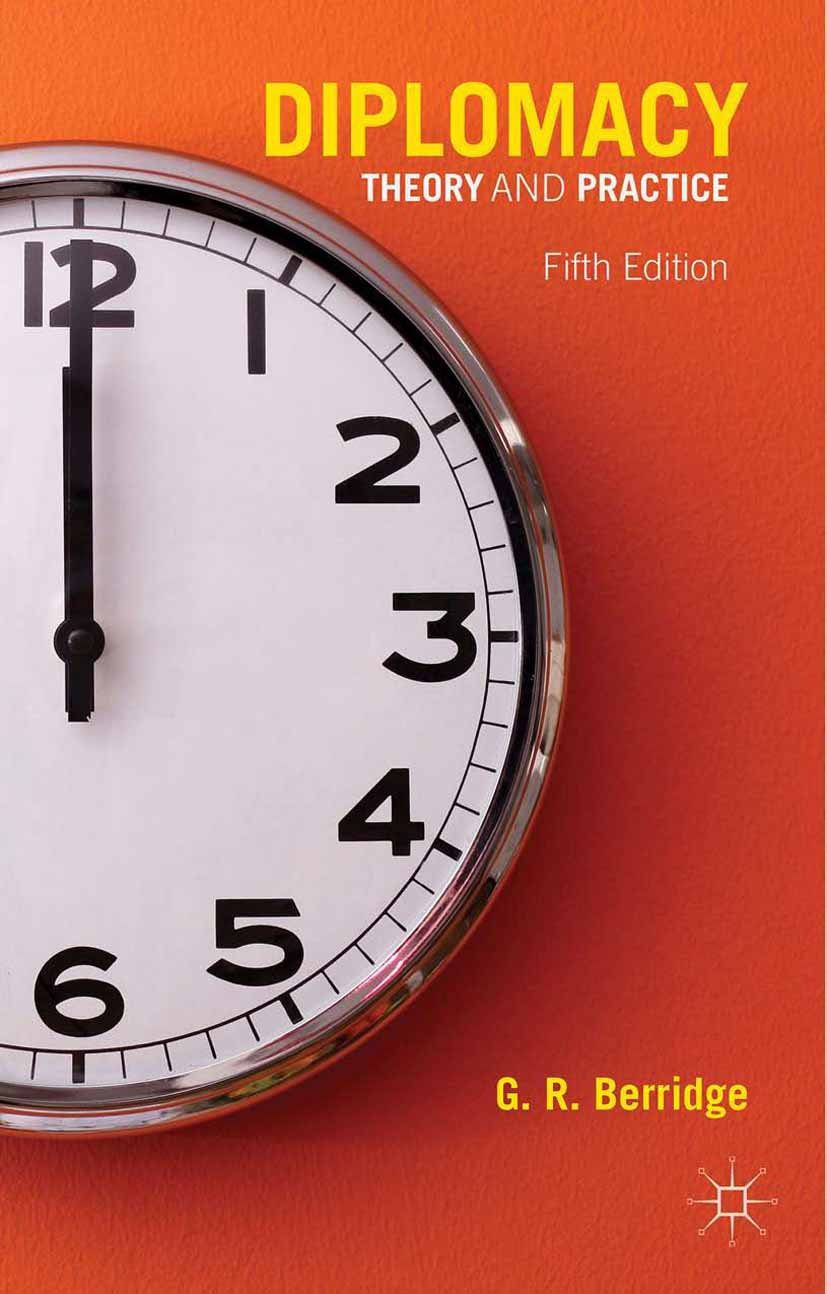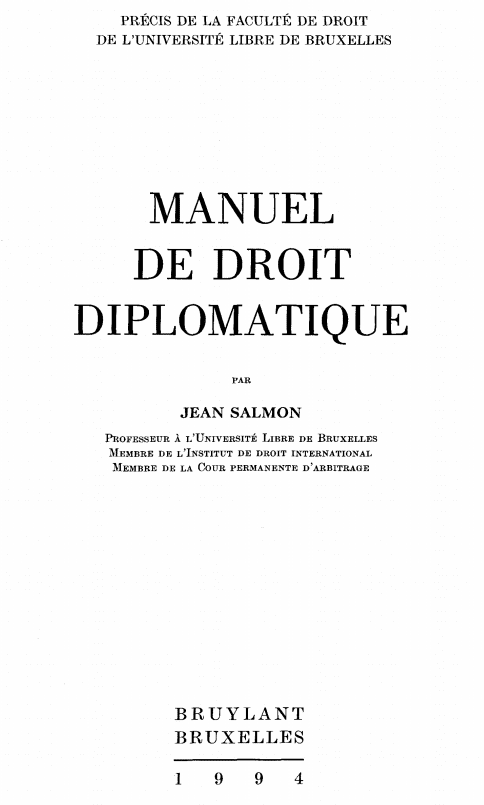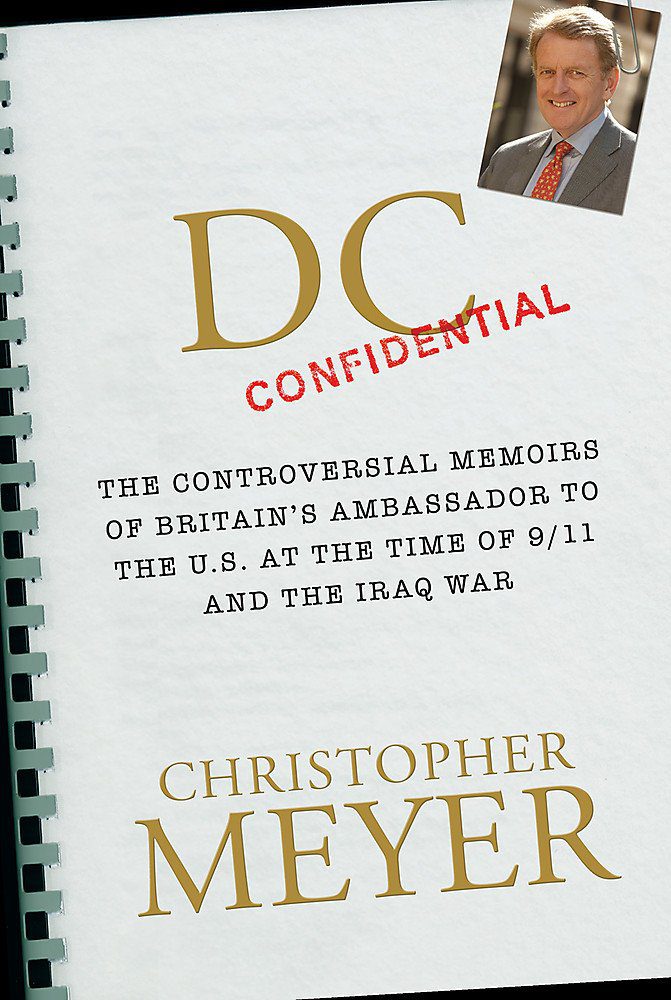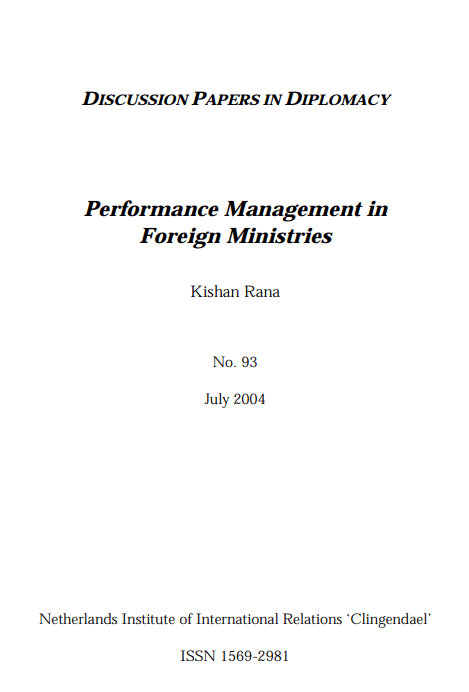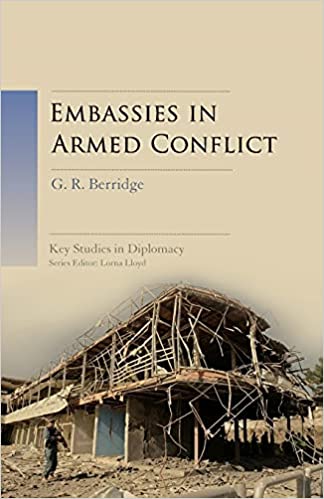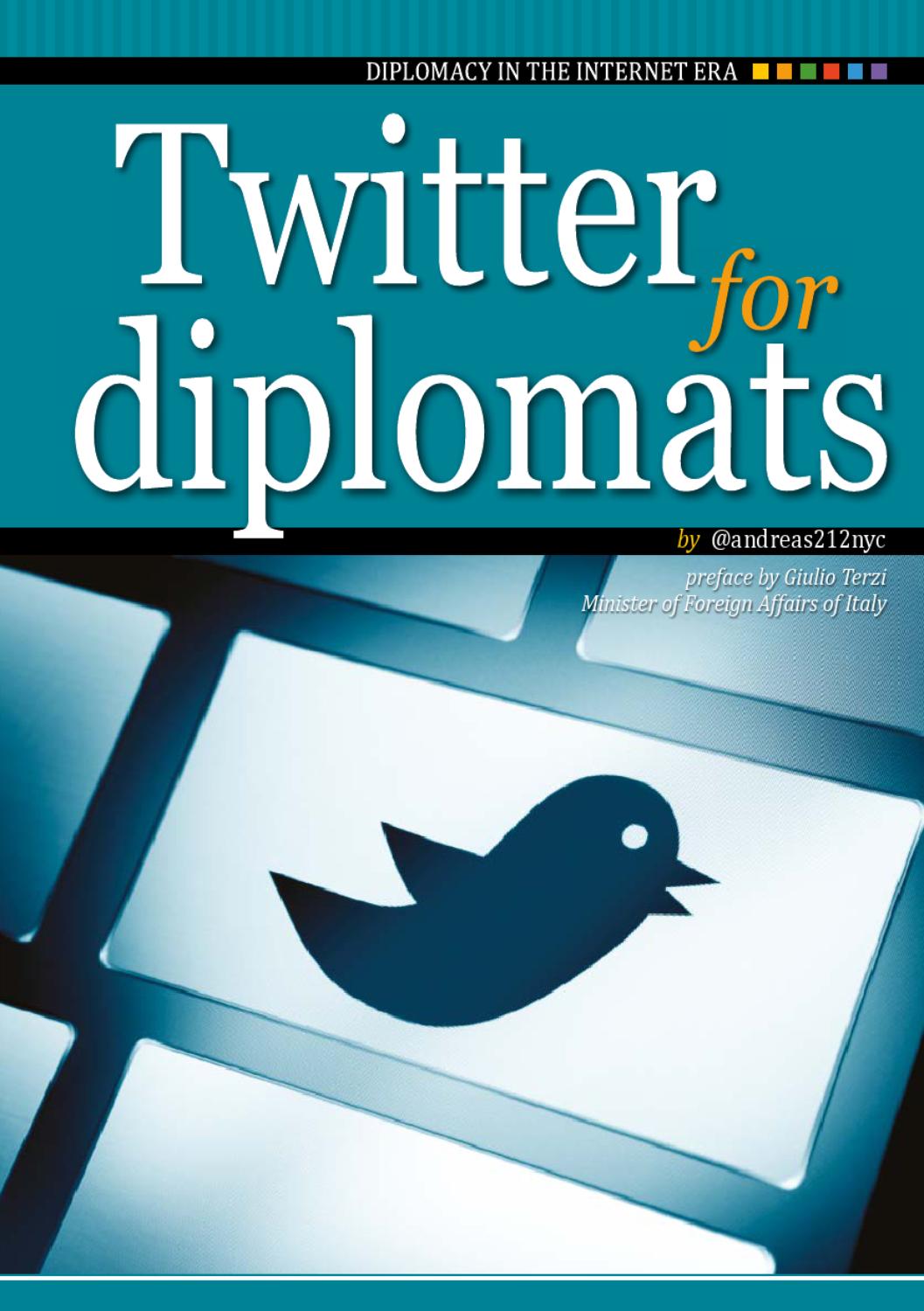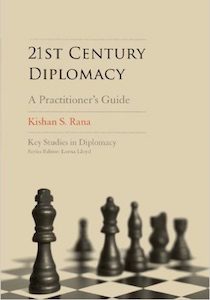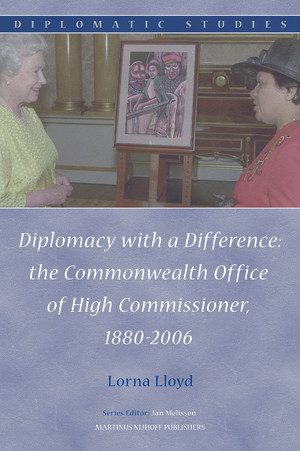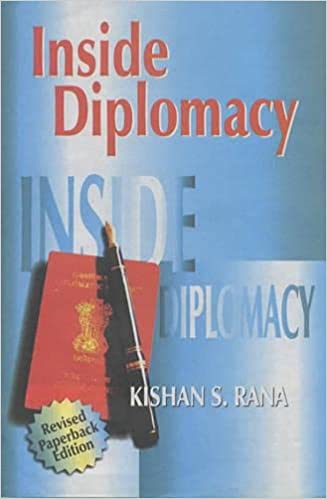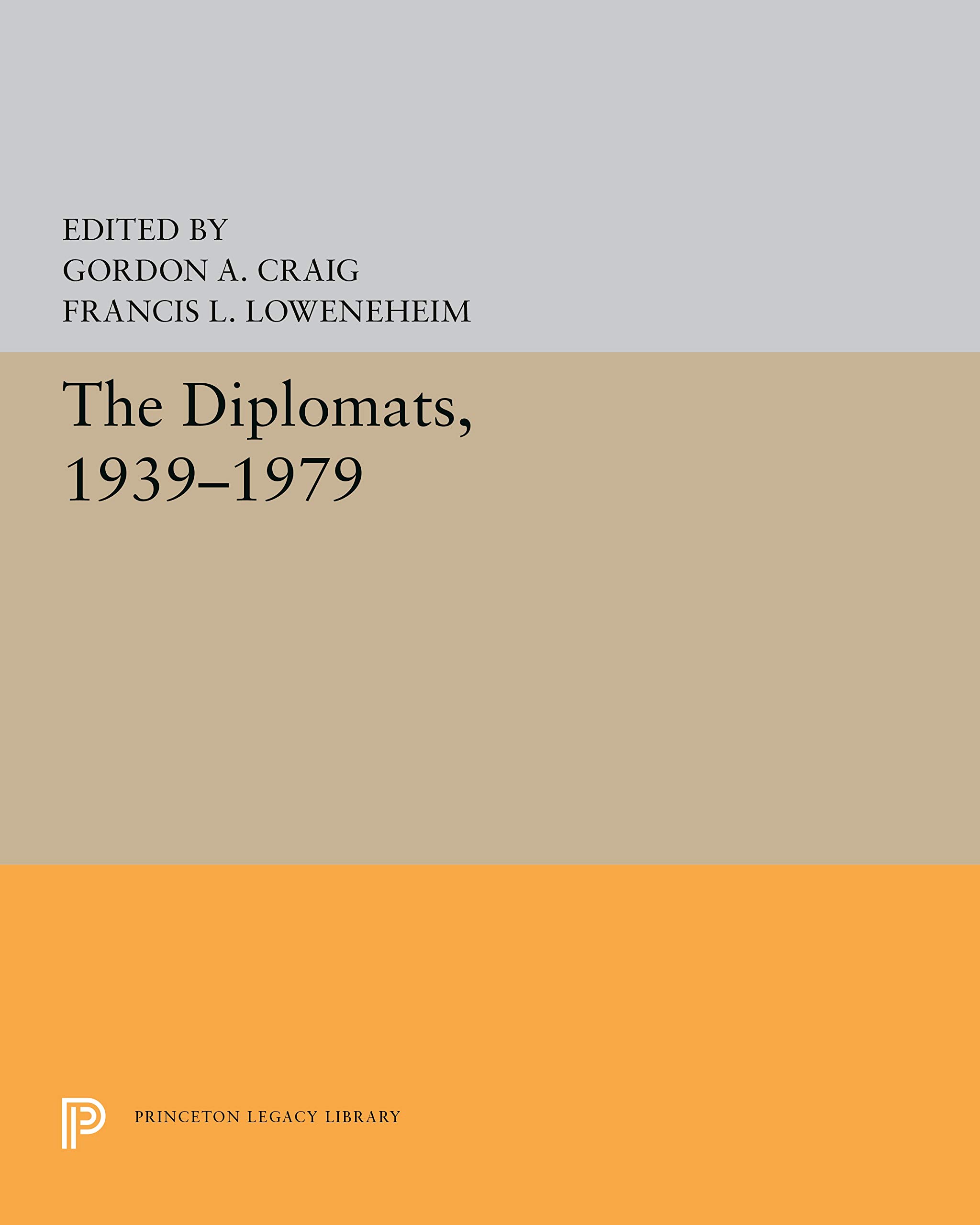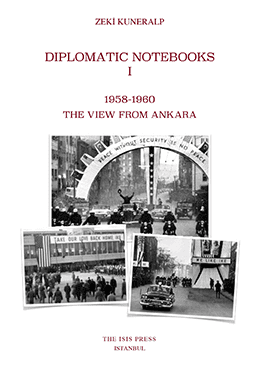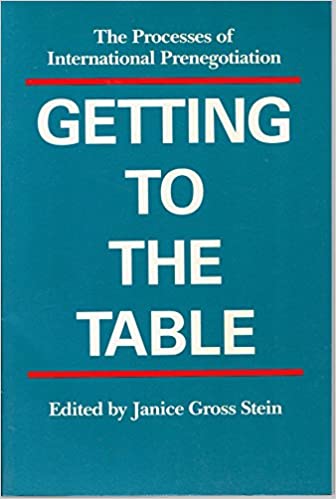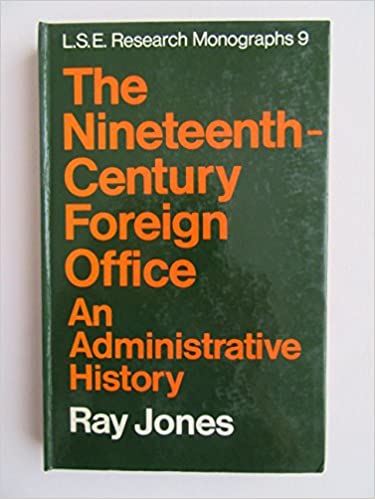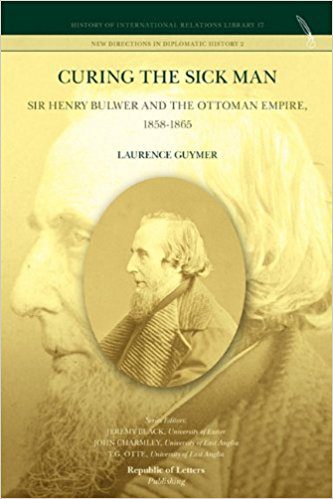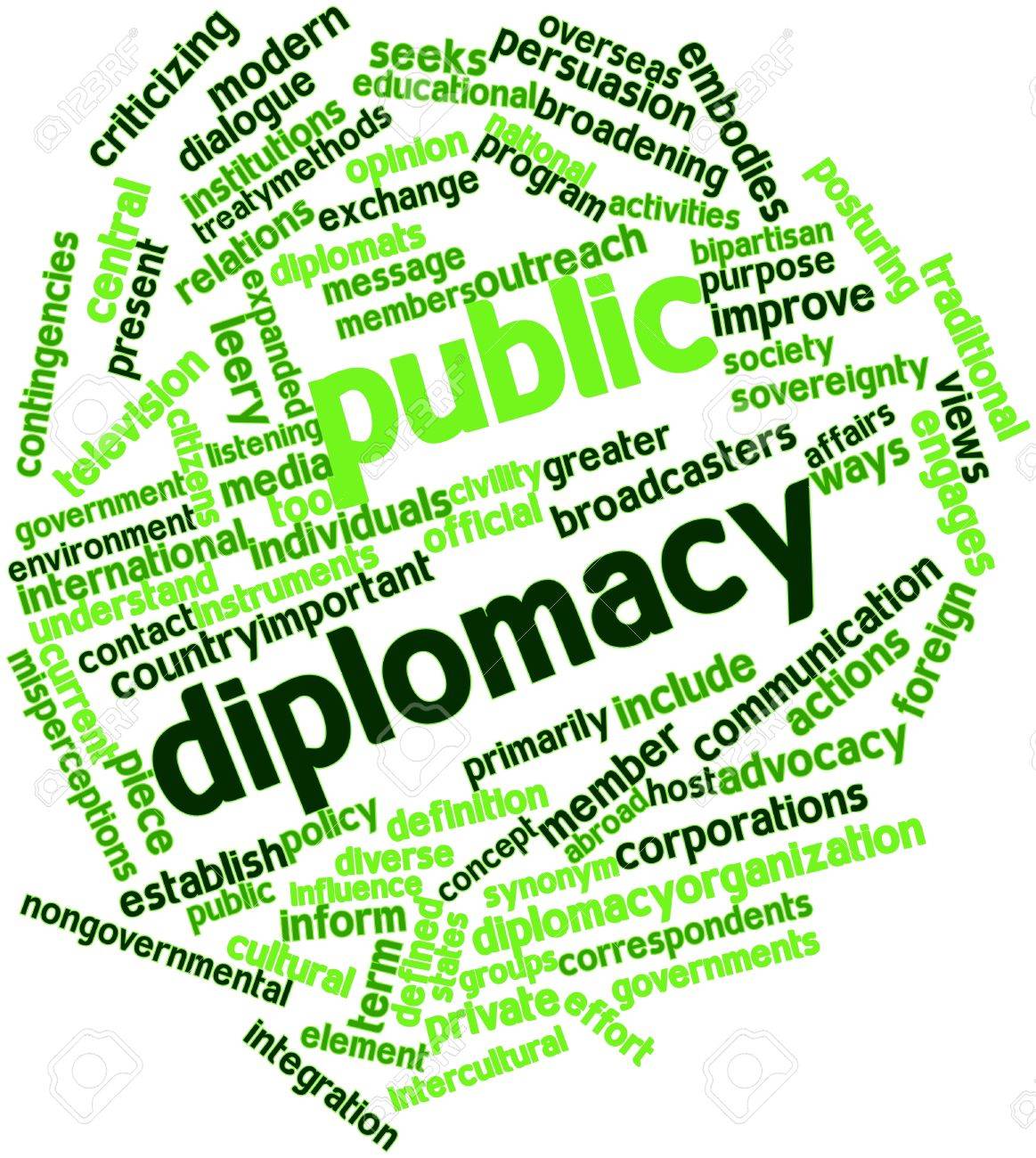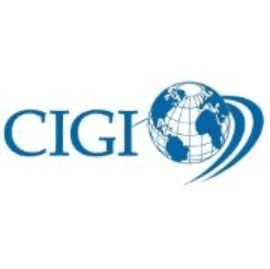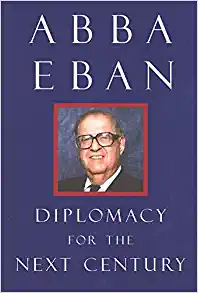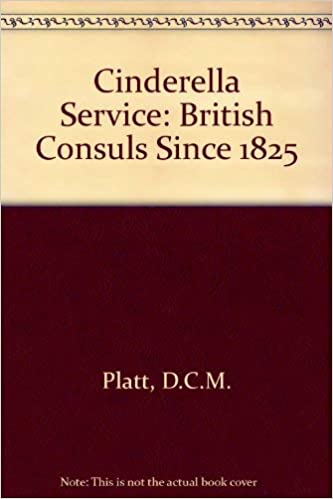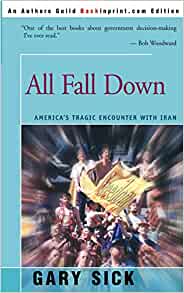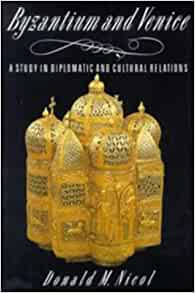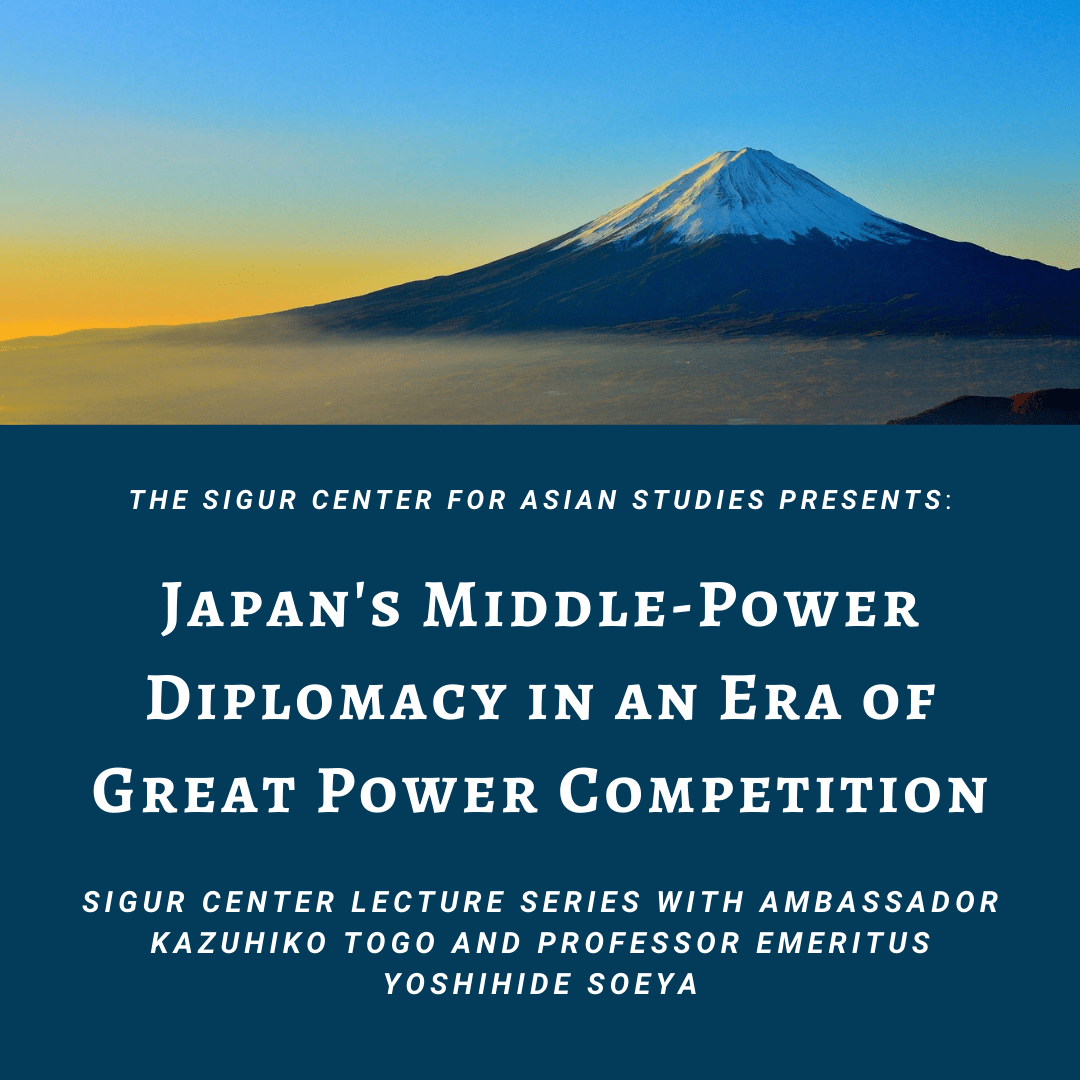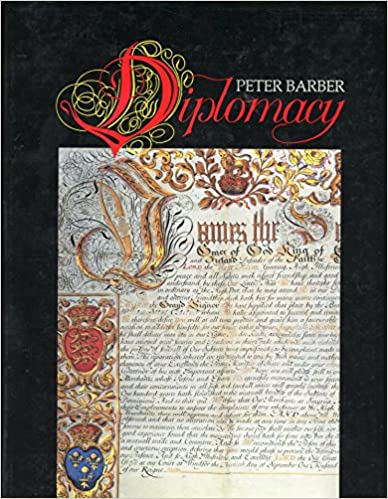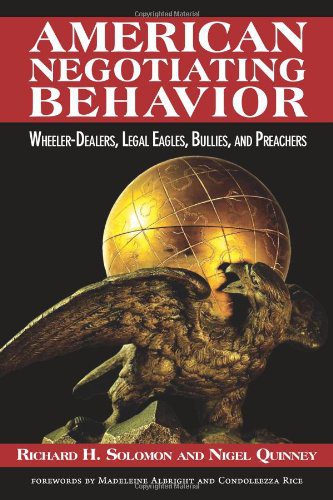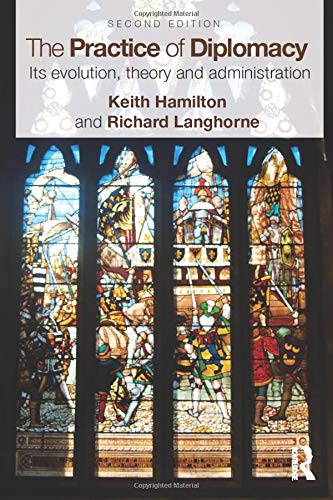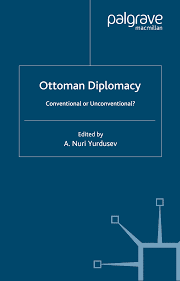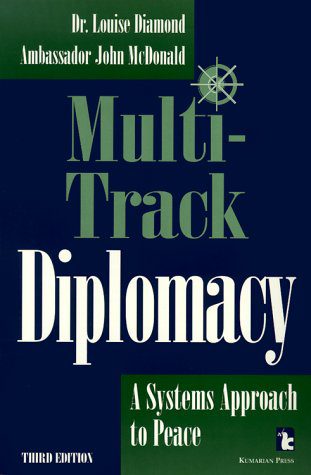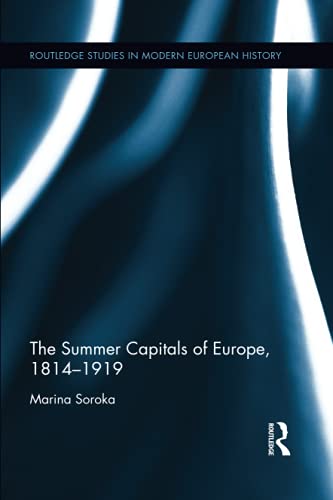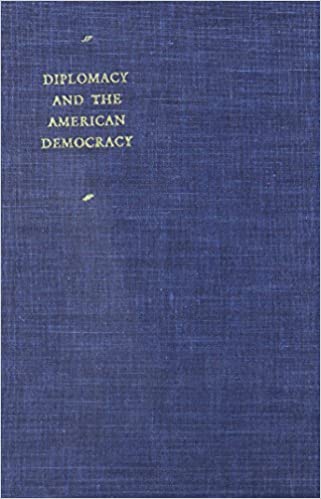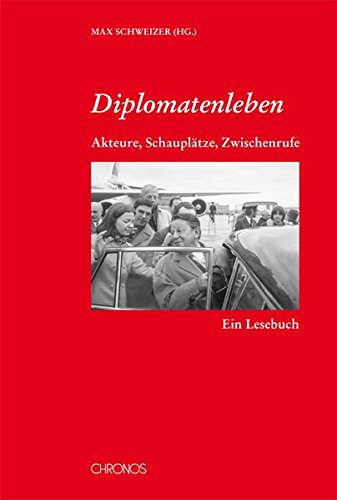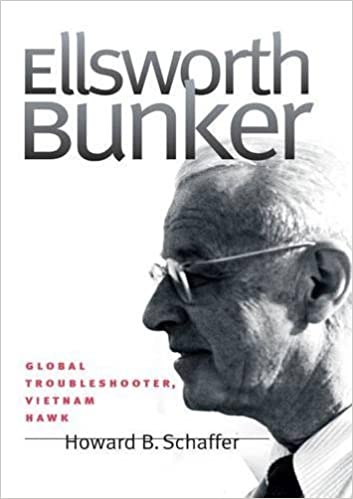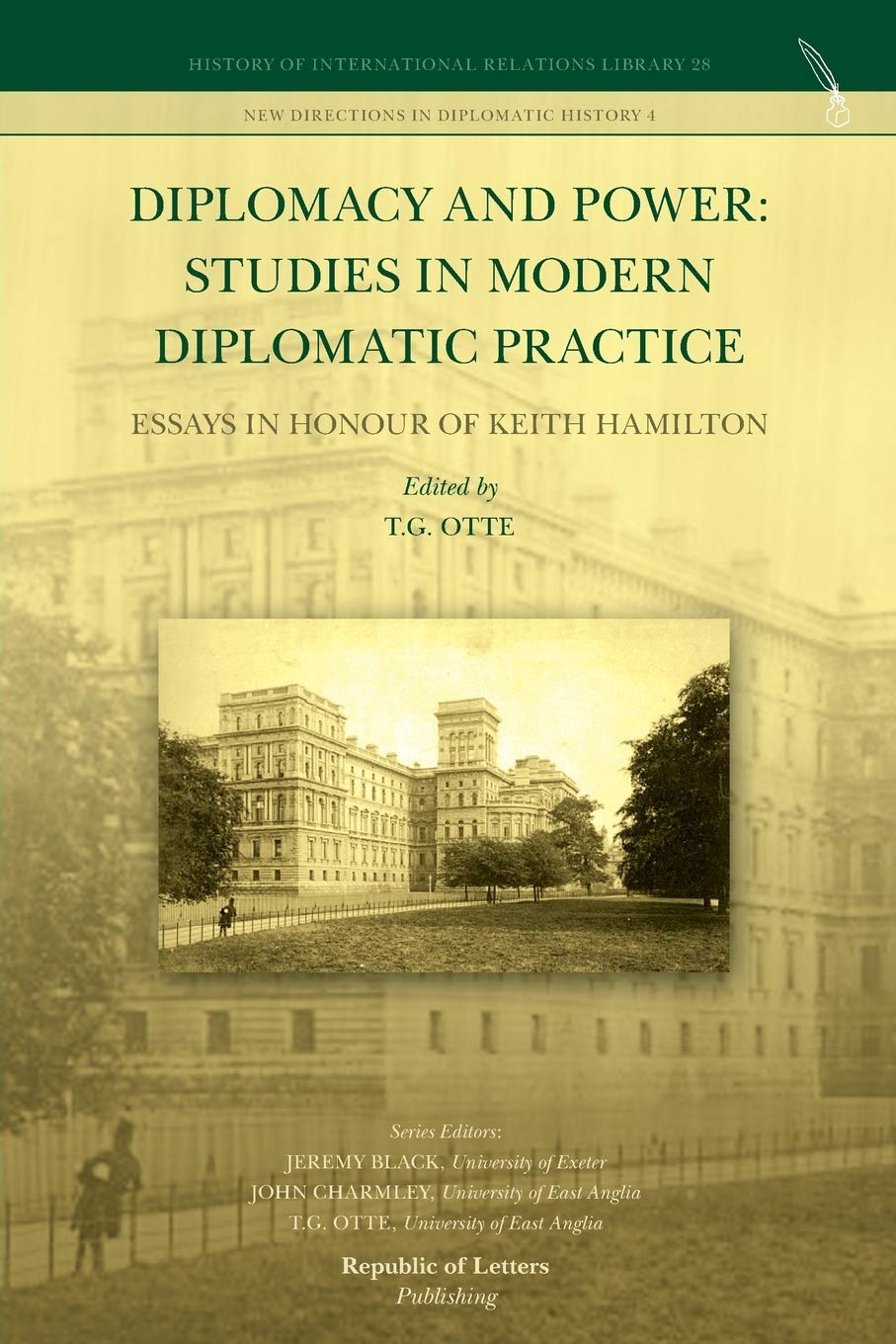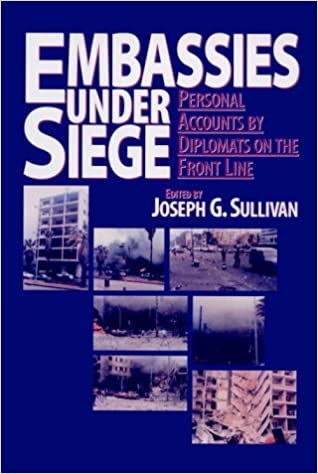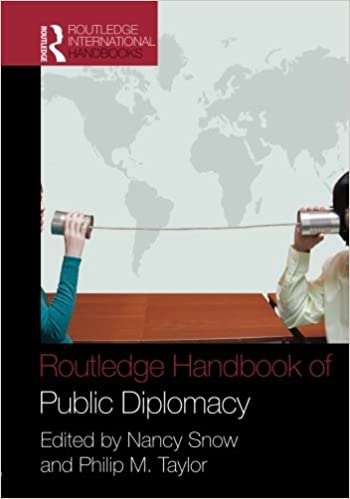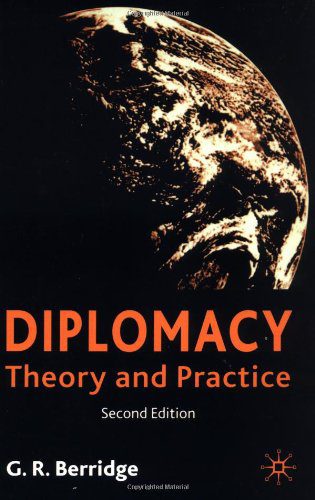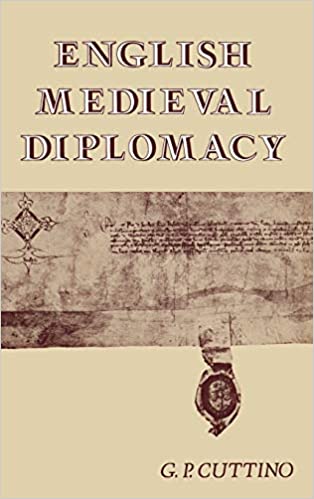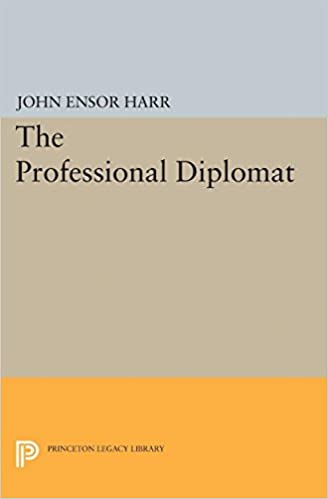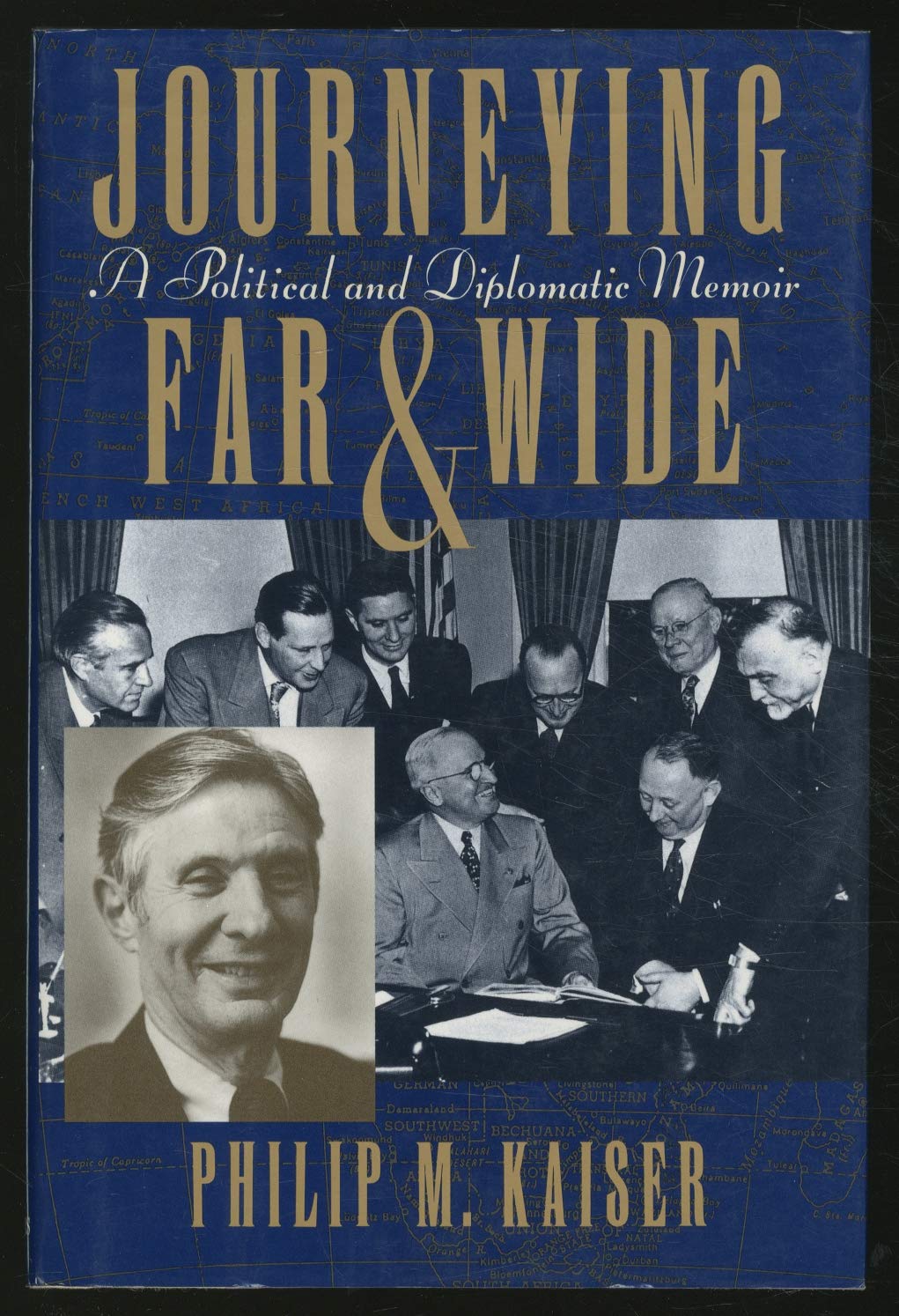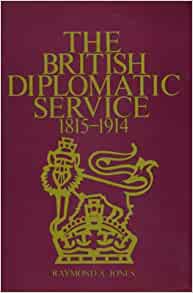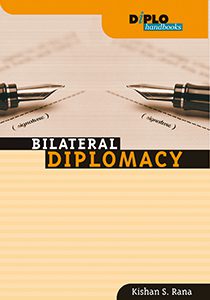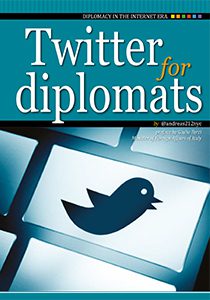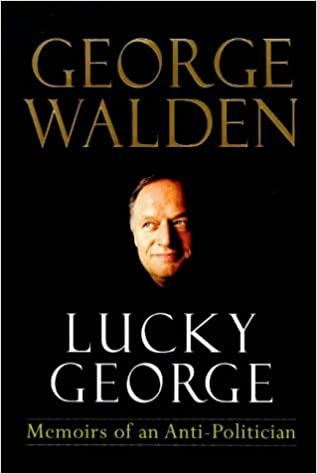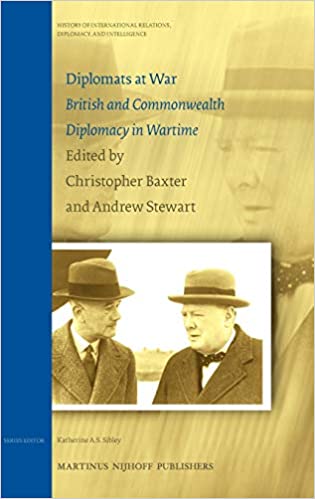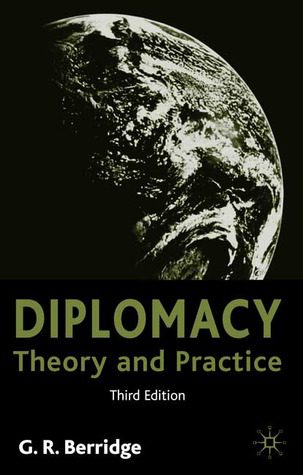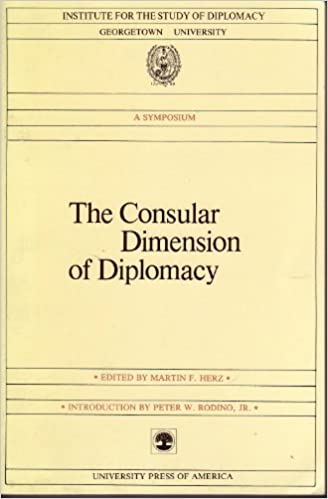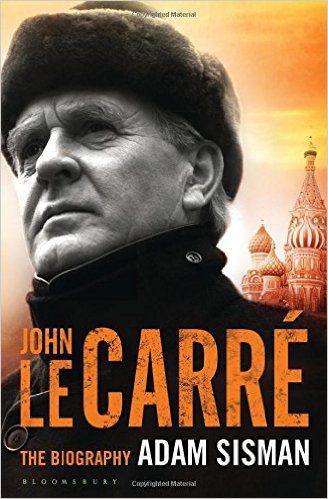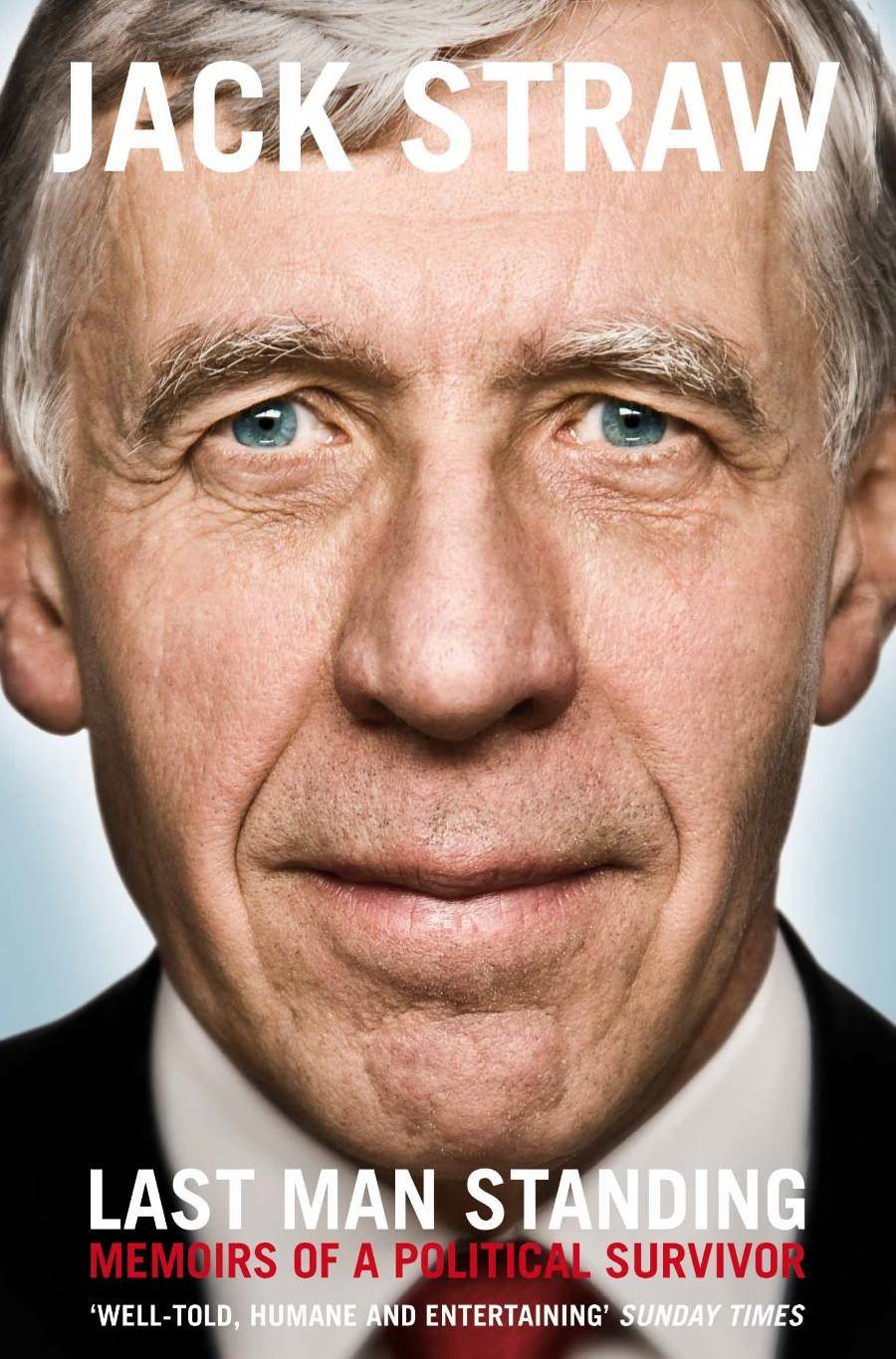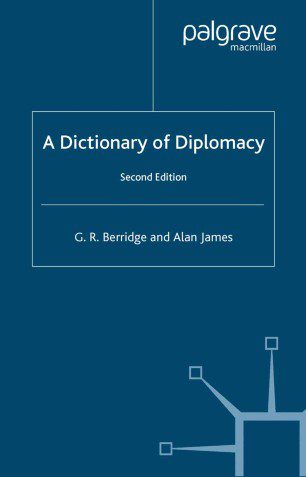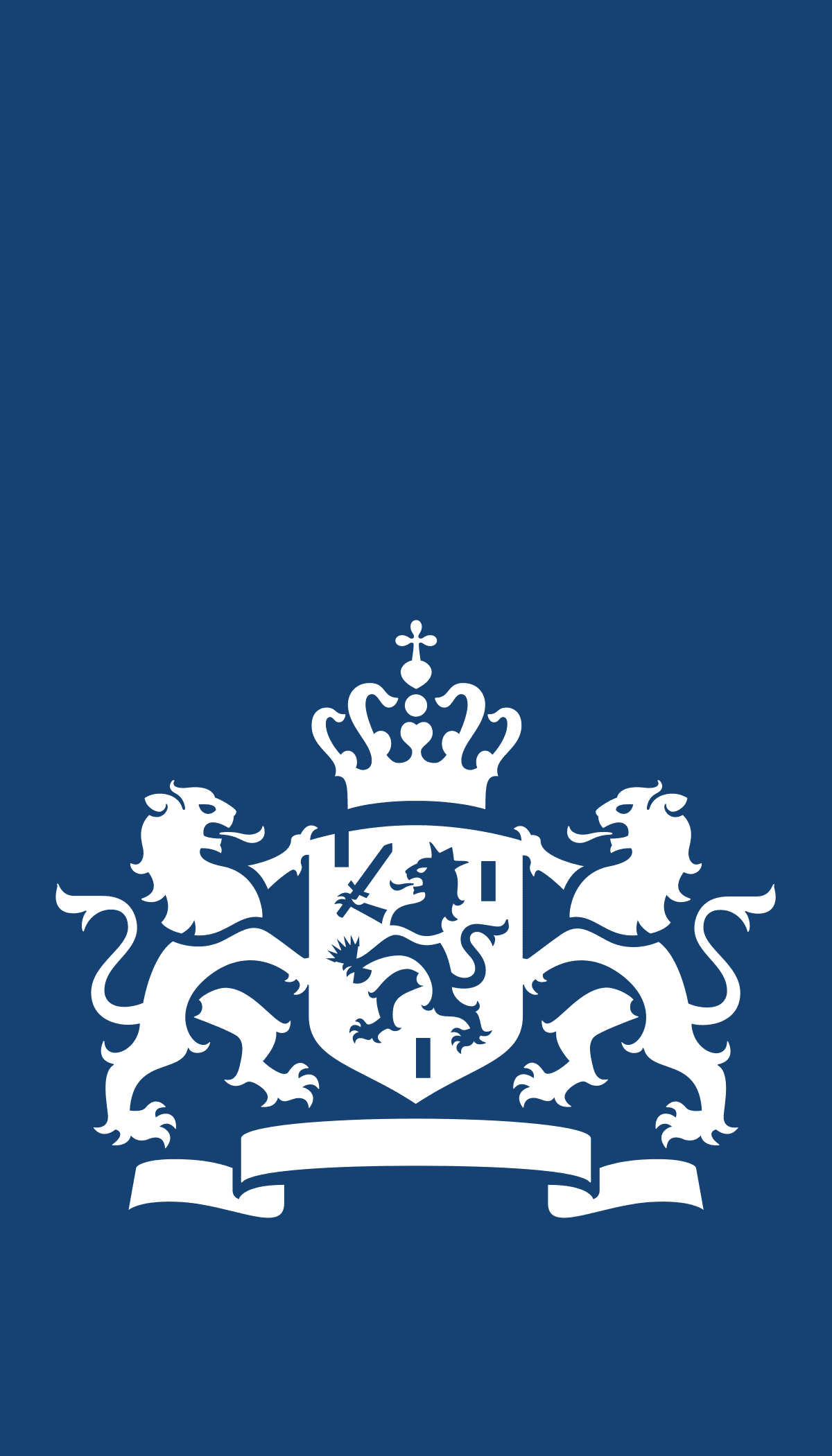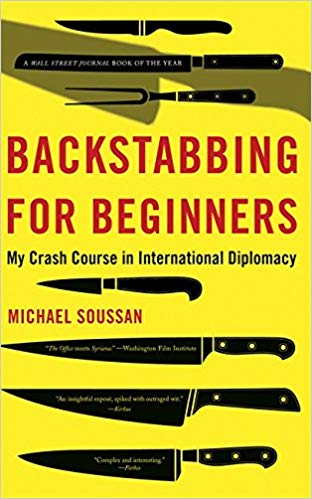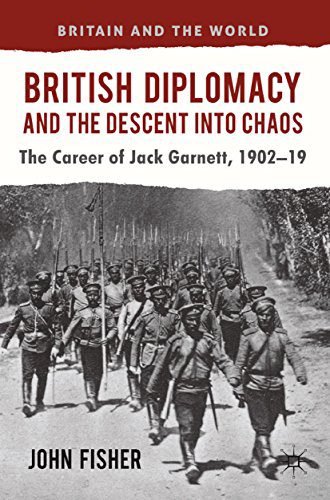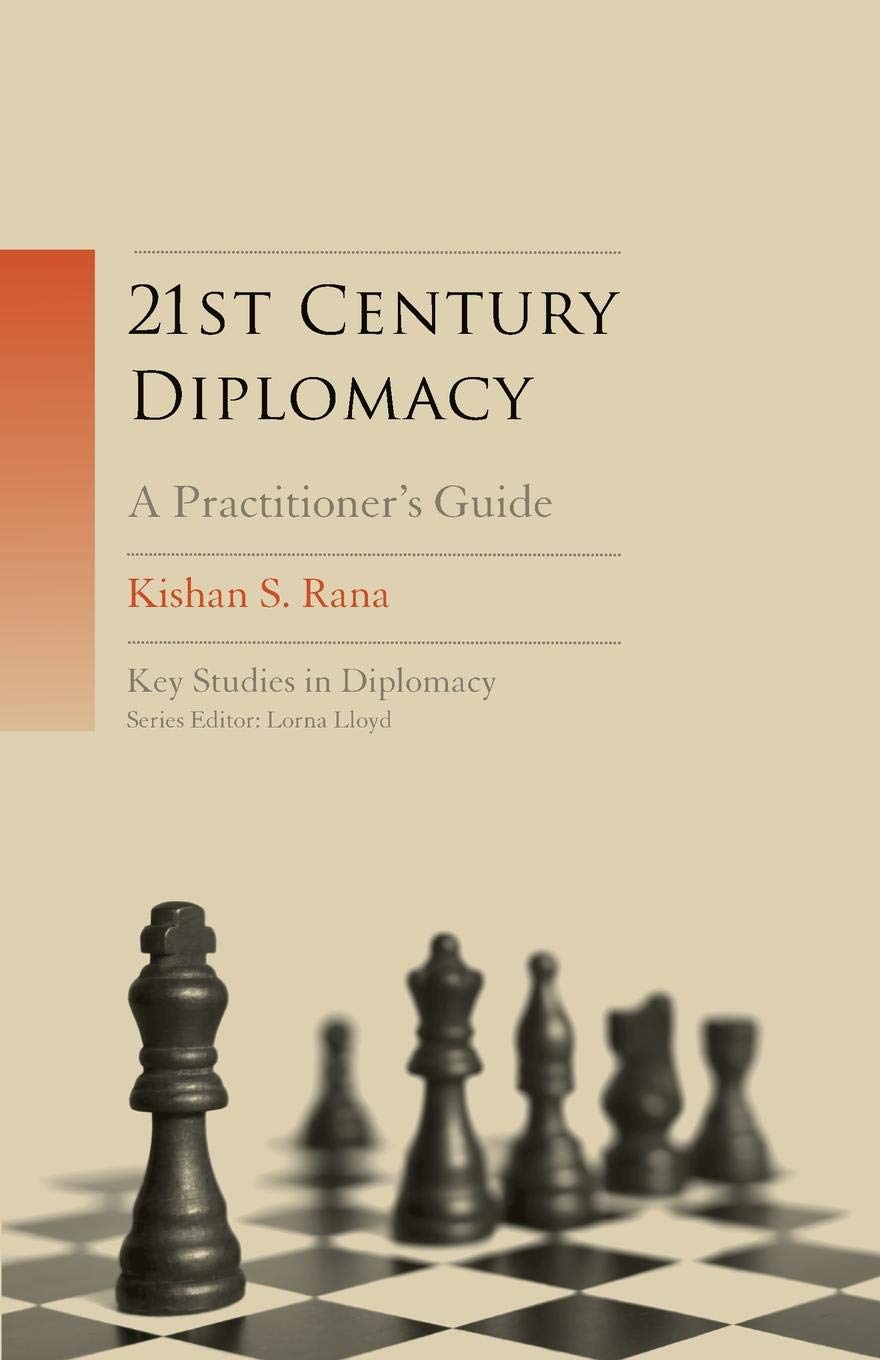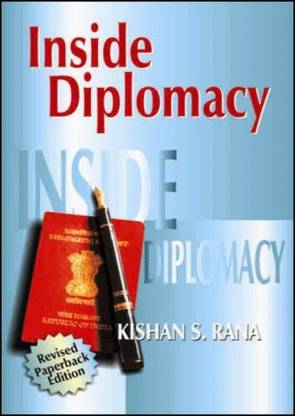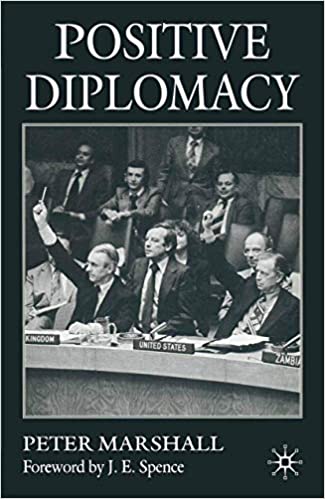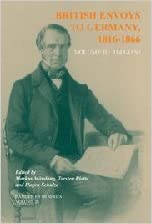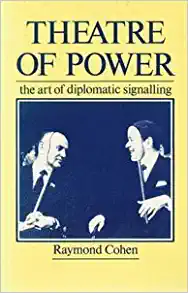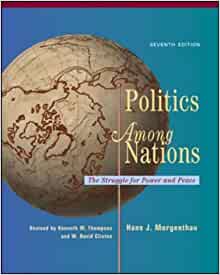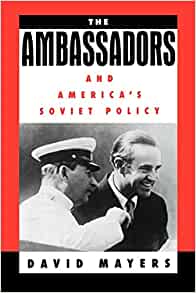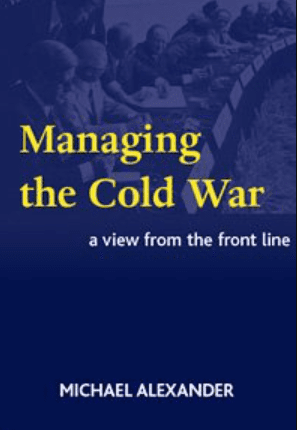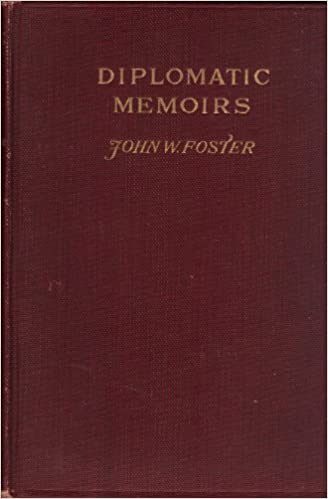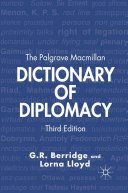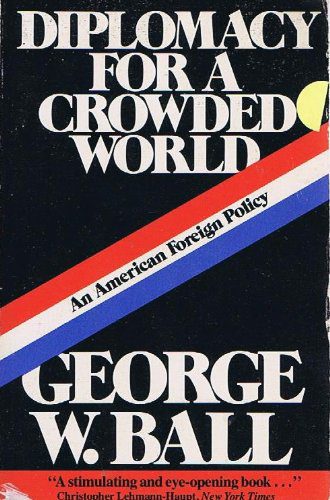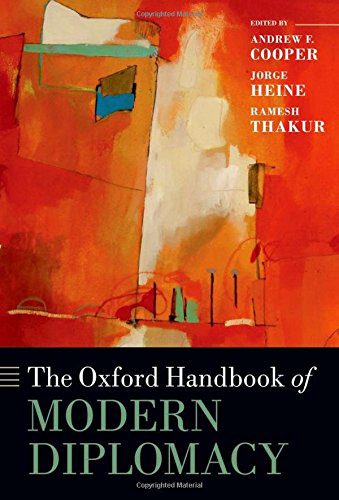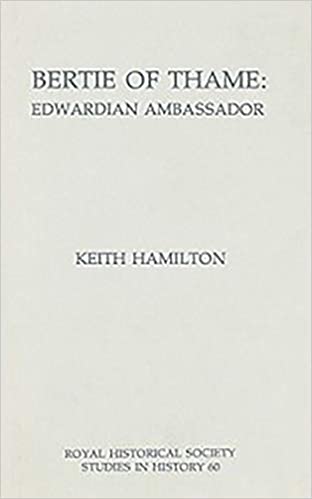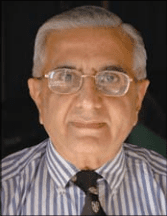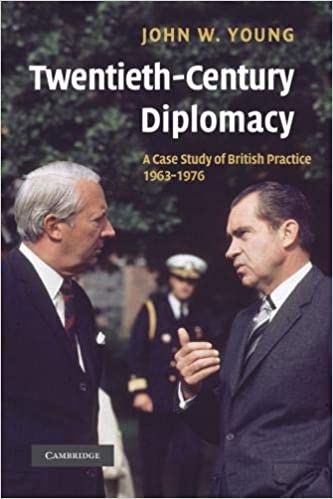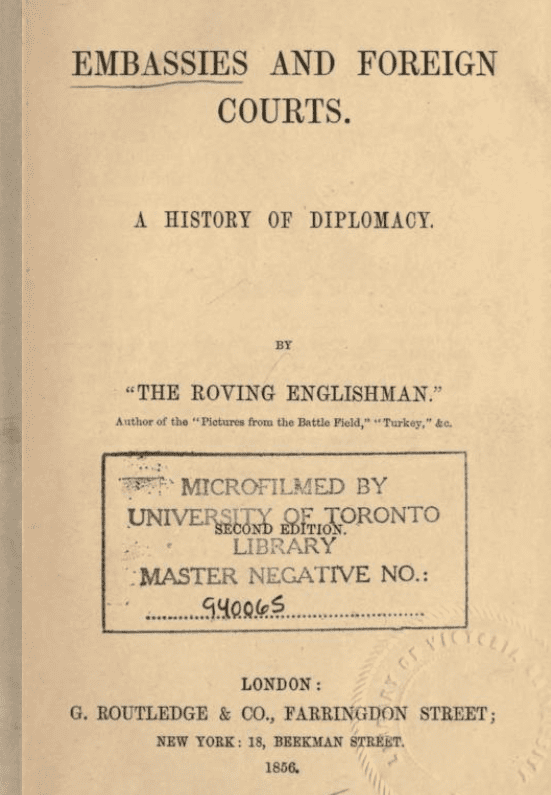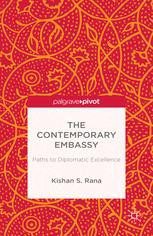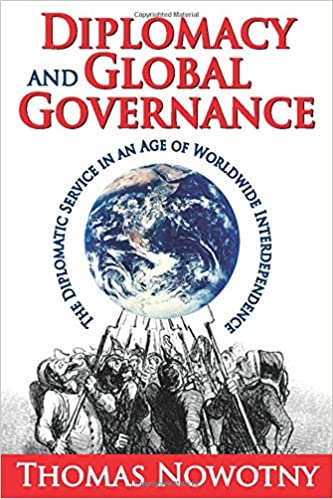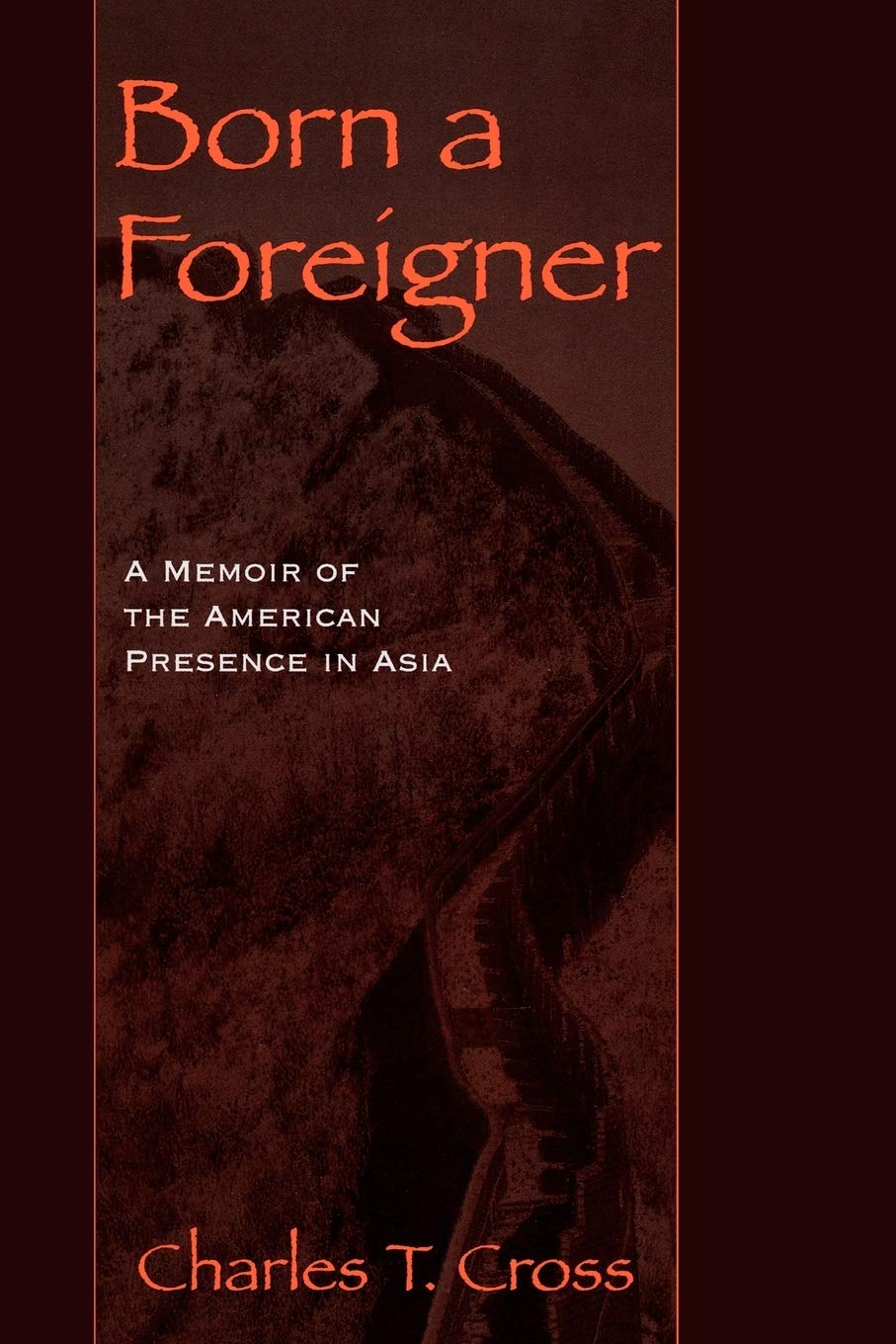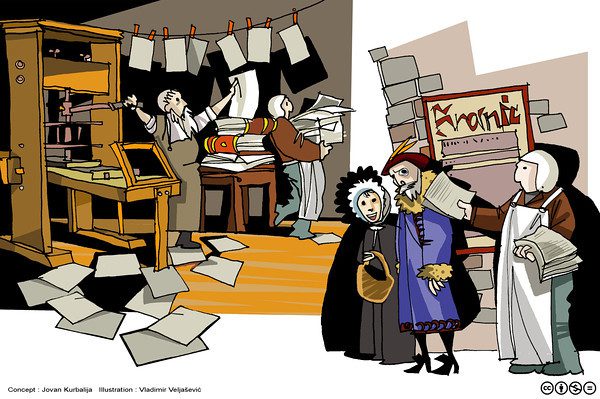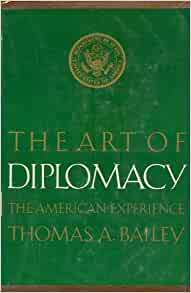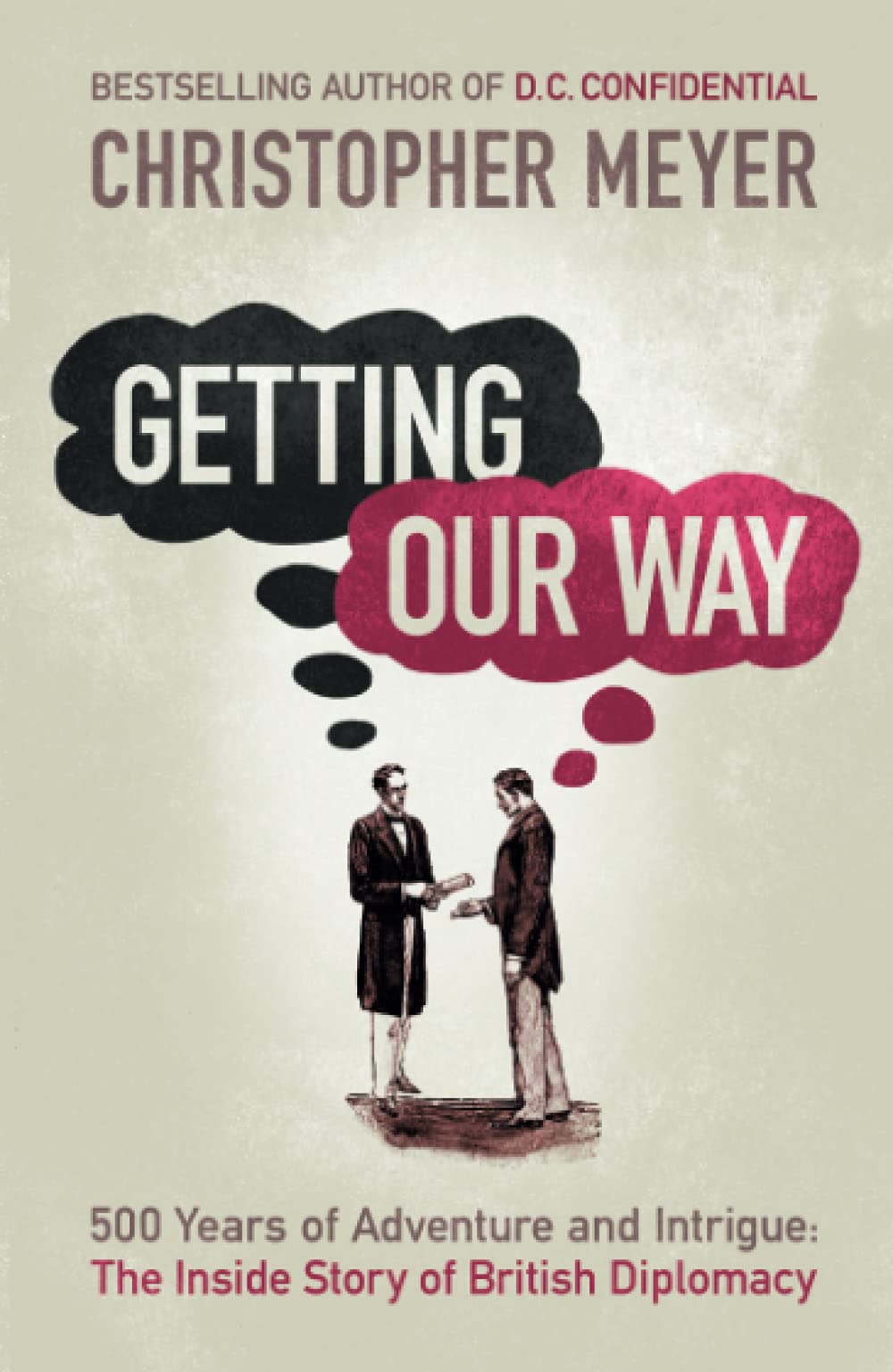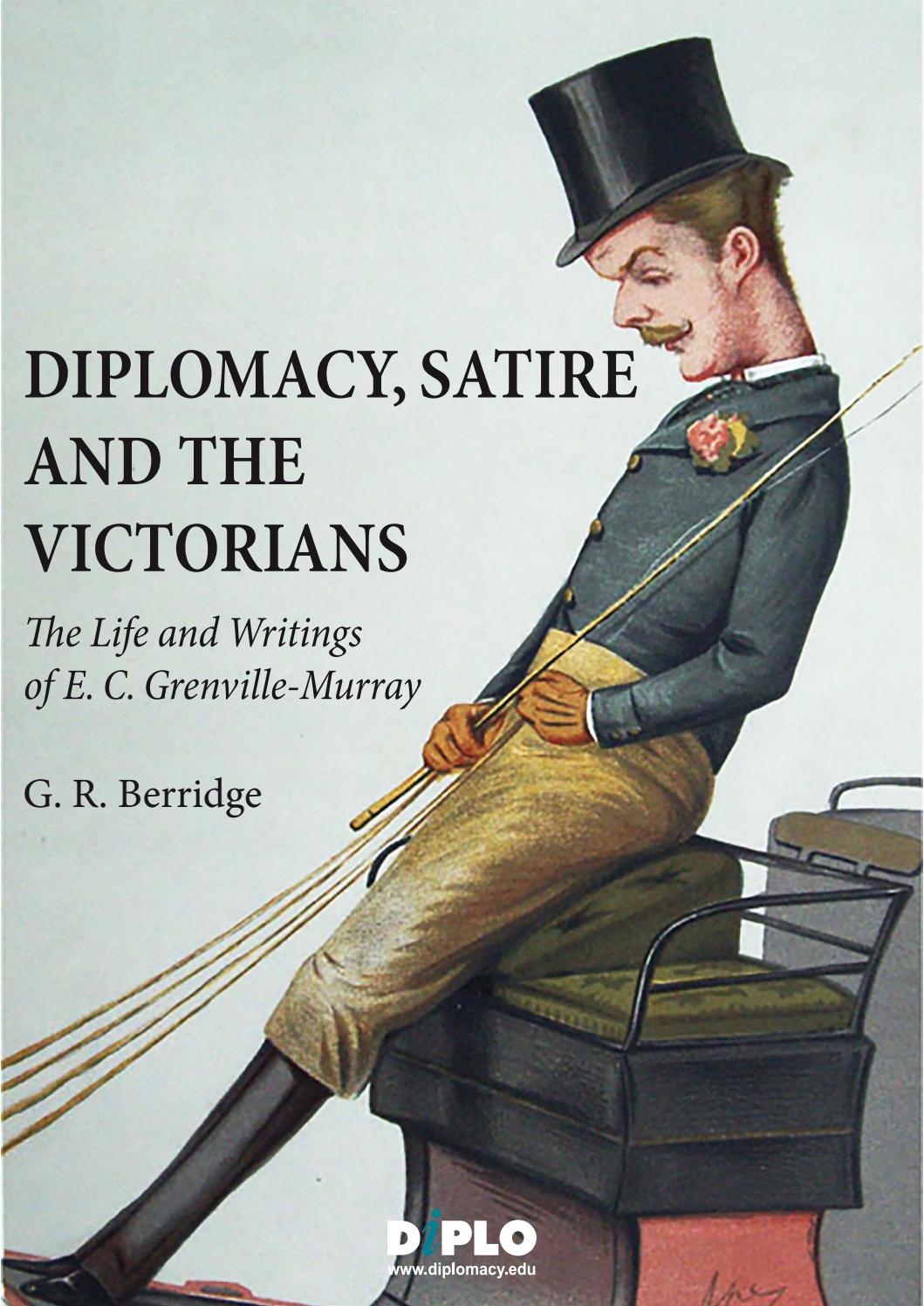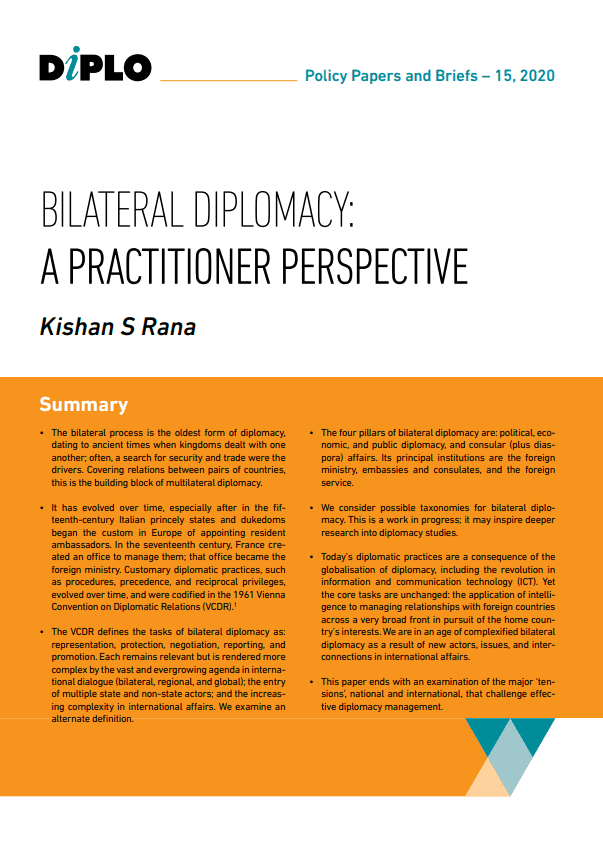It is a privilege to contribute to this Farewell Symposium organized at Malta, to mark Professor Dietrich Kappeler’s retirement as President of DiploFoundation. My ten years at Diplo as a part-time faculty member have involved close association with Dietrich. (The association came about as the result of serendipitous actions involving Diplo’s moving force, Dr Jovan Kurbalija, following a chance meeting in Malta in 1999.) I am particularly indebted to him for the decisive support he gave to my writing activities.
During my temporary duty as a Commonwealth adviser in Windhoek in early 2001, I showed to him a modest collection I had then put together of six lectures on bilateral diplomacy which I had written for use at Diplo; he urged me to work on this further, and to develop that collection into a textbook. In diplomatic studies one sometimes encounters a divide between the academic scholars and the practitioners. We need many more like Dietrich who have personally bridged this gulf, through their own experience, conviction, and their ability to work on both sides with fairness and transparency.
Persuasion is indeed at the heart of diplomacy, as anyone exposed to this profession knows through his/her life experience. In this essay, I propose to explore the linkage between persuasion and trust, given that the one is impossible to practice without the other.
Relationship building
The institution of the resident envoy survives, even thrives, in the Internet age of instant communication, universal connectivity, and the near-elimination of geography as a barrier, precisely because durable, credible relations between state representatives working in the field require human contact. Of course, the accredited ambassador has never been the only channel of contact, and today more competing channels exist than ever before. Foreign ministry officials have now begun to deal directly with one another, especially those that belong to active regional institutions; they encounter one another frequently at a succession of functional meetings and develop their own personal links. This is even truer of officials belonging to line ministries, who find it convenient to rely on their own personal friendship networks.
In different kinds of situations, either for problem solving, or when relations are particularly close, backchannel contacts come into play, involving personal emissaries and others. [This is an understudied subject, no doubt because hard information is seldom available. Leaders who enjoy close friendship, say among the G-8 countries, often designate personal contact channels; this is distinct from the designated ‘sherpas’ that prepare for summit encounters. Some other countries use their respective intelligence agencies for such direct contact.] Further up the ladder, the heads of government and state, foreign ministers and others high personalities, similar personal contacts come into play. For instance, at ASEAN one hears of ministers and heads that exchange text messages, via email and SMS, making it very difficult for the foreign ministry to track the communications, much less archive them. I am sure the same is true of the EU, given the frequency of encounters among the leaders of member states.
Amidst this plurality of interchanges, paradoxically, the resident envoy becomes even more central than before. The foreign ministry finds it hard to keep track of all the threads in the dialogue with individual partner states, the more so when the activities of the non-state actors, i.e. businessmen, the industry associations, thinktanks, educational and scientific bodies, and civil society agencies, are woven into the bilateral tapestry. I have long asserted that it is only the resident envoy and his team that has the nearest approximation of the panoramic, realtime perspective that results from this frenetic pace of exchanges. This has changed the equation between the embassy and the foreign ministry, and made it a kind of ‘co-manager’ of the bilateral relationship. [This concept was advanced in my first book Inside Diplomacy (2000), and developed further in The 21st Century Ambassador (2004). For the past 3 or 4 years the MFAs of Austria, Canada, Germany and UK have put into implementation a parallel set of actions that have revalorized the resident envoy, and embedded him and his team more closely into the MFA, even to the point of thinning out their bilateral departments.] It is thus appropriate that we treat the envoy and his/her team as one of the arch-stones of diplomacy. Of course, what is written below of the envoy, applies mutatis mutandis to the foreign ministry official based at home.
Each diplomat in the field, at all ranks, depends on the personal connections s/he establishes with the concerned interlocutors. These in turn hinge on the diplomat’s credibility and winning personality; the deeper the trust that is engendered, the easier it is for the diplomat to be believed. The fact that the nature of work now requires the diplomat to network with a much larger circle of state and non-state actors makes this task more challenging than before. One should add that these dialogue partners are not only located in the country of assignment, but also include those in the home country. In net effect, the diplomat is engaged in multilayered relationships that are both dynamic, and expand over time.
This does not mean that the diplomat spins endlessly like a top, entering into ever widening circles of acquaintances, dealing with multiple partners. The essence of persuasion is to build deep relations with the key players that matter most in a given situation, both in the receiving country and at home. The diplomat adds continually to contacts, but also prioritizes the one’s that matter the most, i.e. those that are decision makers and the real movers.
Cultivation and credibility
At one level, the diplomat, particularly the ambassador, needs to maintain an open door; s/he must be receptive to anyone that wishes to meet the envoy, within reason. This is good public relations and does wonders for the embassy’s image; it also exposes the envoy to a wide stream of information, unfiltered through any intermediary. In a small embassy, this is easy to implement; it even pays the envoy to drop by at the consular services waiting area from time to time, asking those waiting if they have faced delay or any special problem—it reminds the consular staff that they are service providers, judged by the quality of their delivery to their customers, be it foreign visa seekers, or one’s own nationals looking for passport or other services. In the large embassy, the envoy even needs to monitor the telephone manners his personal staff; an African MFA permanent secretary recently told me that when he personally phoned to speak with the resident envoy of an important country, the secretary asked him to give the subject on which he wished to speak with the ambassador! In many big embassies personal staff act as minders for their head of mission, sometimes erecting barriers, functioning beyond their mandate.
Examine the relationship profile of any successful ambassador and you will find that the distinguishing element in his/her performance is the quality of ties that have been established with the principal interlocutors. It is the intensity of cultivation that is the hallmark. Who are the typical objects of such deep cultivation? Typically, they would include:
1. The key person in the MFA territorial department dealing with the envoy’s country; this unit is virtually the home base for the envoy, the one place where he must enjoy high credibility and access.
2. Someone in the office of the head of government; this is vital for rapid transmission of important communications if the bilateral relationship requires that.
3. Similar friendships in the other key ministries that play an active role in the relationship; the ambassador may farm out some of this to others on his team, unlike the first two sets of ties, where s/he must be the one enjoying that access.
4. A wide network of parliamentarians, media personalities, businessmen, industry association heads, academics, science and technology experts, civil society and religious leaders, and others that play an active role in that relationship; this is an open-ended cluster.
5. Leaders of the diaspora, including those that are politically and economically powerful and enjoy good contacts at home, as also the community leaders.
What about the head of government/state, and the ministers? Of course one needs access to these leaders. Local conditions may or may not permit the envoy to establish suchcontacts, not just in terms of business calls, but also by way of crafting real ties of affinity and trust. [ In most Western capitals, other than the envoys of the great powers, ambassadors confront diminishing access to ministers; heads of government are virtually out of bounds. In Germany (1992-95), I found that Foreign Minister Klaus Kinkle had continued the baleful tradition of not receiving envoys even for the customary first call after presenting credentials; after a year, I did manage to meet him, via backchannel contacts. But in practice this hardly mattered as friendships with the state secretaries and the key MFA officials were easy to puruse. (See Rana, Inside Diplomacy, 2000).]
All over the world, it gets harder for the resident envoy to deal directly with the ‘principals’ of the receiving country; this is a result of the multiplication of embassies in virtually all capitals, the increasing work burdens on the leaders, and a diminishing space for real friendships at this level. [See Rana, The 21st Century Ambassador: Plenipotentiary to Chief Executive, (2004), pp.67-9.] In contrast, contact with key officials is seldom a problem for the envoy that learns to ration his/her pursuit of the senior personalities. For the interlocutor to know that the envoy does not abuse access, and seeks personal meetings only when essential, is also an aspect of credibility. [It is increasingly easy to conduct small items of business over the telephone, In Germany (1992-95) I found it possible to communicate a short, specific message even to state secretaries in this manner; they appreciated being spared a request for a personal meeting].
Mechanics of persuasion
How does the envoy’s credibility affect persuasion? The demarche made by an ambassador is an official act, and is universally understood as an expression of the viewpoint of the government that s/he represents. Credibility comes into play in several different ways.
First, the envoy may be acting on his own initiative, or on instructions from home; the interlocutor receiving the demarche has not sure way of knowing, except through the context. For the envoy, the level at which the demarche is made, and its timing are a matter of his discretion; the instructions from home will have typically asked that the demarche be made ‘immediately’ and ‘at the highest level possible’. [ During an interview in an African capital, a US envoy made the wry comment that DC always wants that every demarche be made at the highest level possible; he would lose all credibility if he took that literally, and each time sought meetings with the head of the receiving country.] The timing and delivery method thus becomes a matter for the envoy’s judgment; the ambassador that enjoys high credibility has a wider choice of options in delivering that demarche. For instance, at a typical foreign ministry, he can opt to go to its top civil service head, or a junior minister—though in my experience I have found the former almost always the better choice, unless the issue is uniquely ‘political’. The well-connected envoy may also opt to lodge a parallel demarche at the office of the head of government, if the issue is vital and/or urgent. But when the issue is less vital, it may do just as well to deal with the concerned department or division in the MFA. The envoy may even leave it to the political counselor to deal with the issue at his level in the MFA or another ministry. The other side always appreciates an envoy that does not abuse access.
Second, the receptivity of that demarche is also affected by credibility. On the bulk of international affairs issues, global or bilateral, the recipient of the demarche has very limited personal discretion in accepting or rejecting that demarche. The policy of the host country generally determines his reaction, allowing little leeway. But on to some issues, especially of the bilateral genre, the receiving interlocutor may have a zone of limited discretion. Here the believability of the envoy, and/or his persuasive skill, comes into play. Put another way, an interlocutor may be inclined to tilt in favor of the envoy and take a small risk, if trust exists, based on past experience. S/he may look the individual in the eye, to decide if that person is believable. It is only the resident envoy that can build and sustain that kind of trust, accumulated over a period of time; I call this a ‘benefit of doubt’ doctrine. No amount of technology can replace such personal equations.
Third, credibility is no less vital in the reporting tasks of the envoy, where s/he has to narrate to home authorities an authentic picture of the country of assignment, and its viewpoint. Such feedback to the home authorities is also a form of persuasion. This can be a delicate task, if the envoy brings a perspective that runs counter to the assessment at home, and may consequently not be very welcome; in such situations it is easy to brand one’s envoy as acting as a spokesman for the other side. Rare is the envoy that has not encountered such sniping allegations in situations of political complexity, though usually not to his face. Personal credibility again provides a context against which unwelcome assessments can be judged.
One other dimension of inter-state communication deserves mention. Each government has at its disposal two parallel channels to make a demarche to a foreign state, its own envoy in the other capital, and the foreign envoy in one’s own capital. This is comparable to a ‘double entry bookkeeping’ system, as our good Maltese friend and leading member of the Diplo family, Alex Trigona Scarebis, describes it. By custom and practical convenience, it is the first track that is the primary choice of a foreign ministry; it is almost always better to have one’s envoy deliver a message, or obtain information, or a clarification—that way one deals directly with the principals, and goes through one less foreign actor. Yet, as experience affirms, the foreign envoy serves as a second, auxiliary channel, for confirmation of information or something specific about the partner country where that foreign envoy’s intimate knowledge of his home country is vital. There is one special situation where the foreign envoy is the preferred channel: when one delivers a protest to the foreign country, or any other kind of warning message, governments tend to use the foreign envoy. Furthermore, the more serious the issue, the higher the level at which the message is delivered to this foreign ambassador. [ For instance, in Germany the foreign minister often holds the concurrent rank of deputy chancellor in coalition governments; since the days of Hans-Dietrich Genscher (1972-91), it has become a peculiar tradition for the foreign minister not to meet resident ambassadors, even for the customary post-credentials call. In May 1998, after India’s nuclear tests, the Germans lost no time in summoning my successor in Bonn, Satinder Lambah, to meet the Foreign Minister and receive a rather intemperate message of protest.] Parallel action may be taken at the other end as well, but displeasure is best expressed when the foreign ambassador is summoned, and then told off.
Persuasion is at the heart of the diplomacy process, and in turn depends on credibility and inter-personal communication qualities of the envoy to function in effectively. No less important is the envoy’s ability to work across cultures, but that is a dimension that I hope some other contributor to this collection might wish to pursue.
————
Kishan S Rana
Former Indian ambassador
Professor Emeritus, Foreign Service Institute, New Delhi
Chair, India Committee, Council on Security Cooperation in the Asia Pacific,
Senior Fellow, DiploFoundation, Malta and Geneva
Honorary Fellow, Institute of Chinese Studies, Delhi
